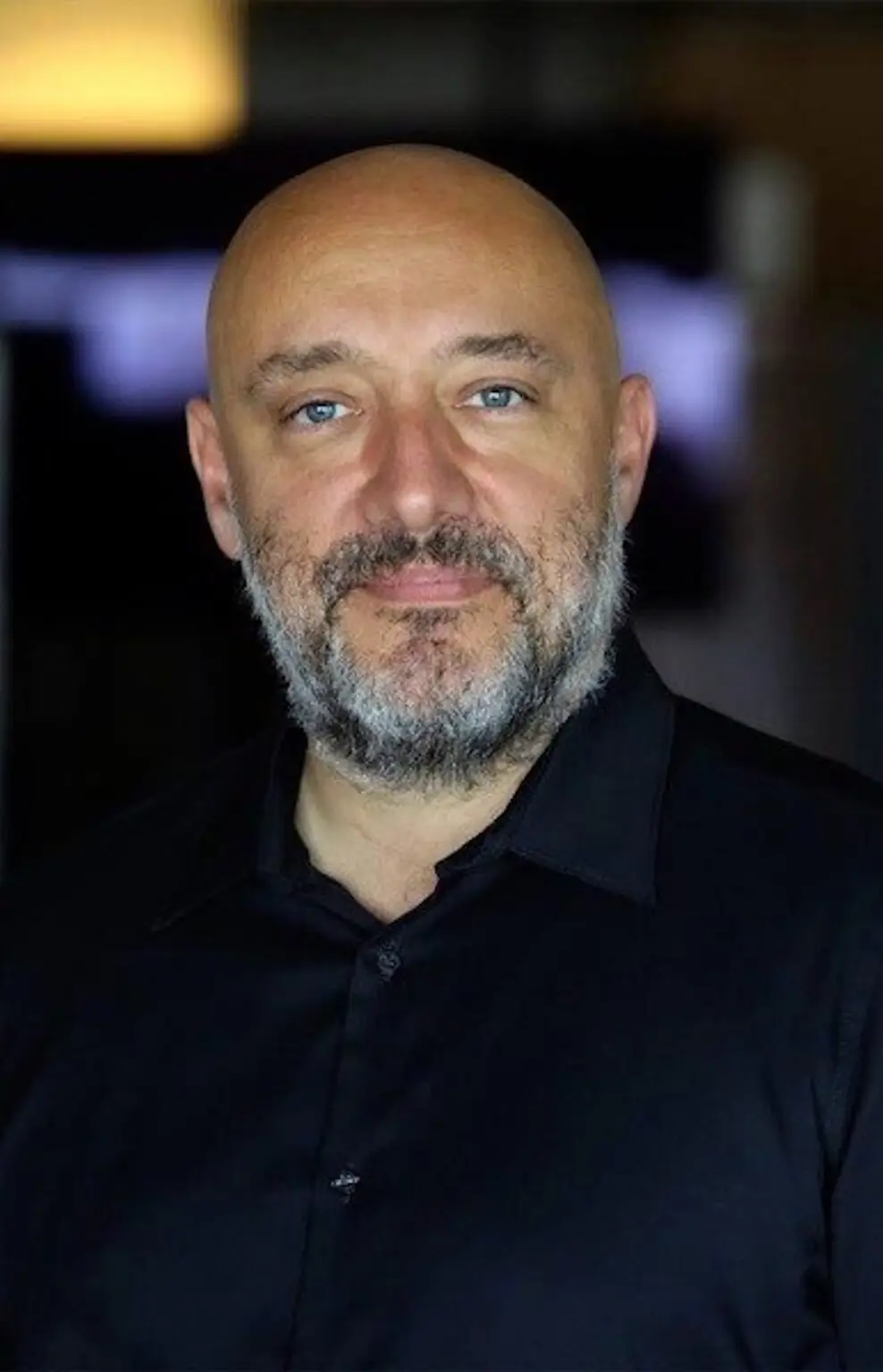Useful Fiction is a network of creators, thinkers, and artists, dedicated to the goal of using “the power of story to carry across real world lessons” (as our work was described on National Public Radio). Our projects have brought together the work of best-selling writers, former leaders of US military services, tech forecasters, movie, TV, and video game creators, and graphic designers, all sharing the purpose of exploring and explaining new or complex ideas through the power of the oldest communications technology of all.
Our Core Principles
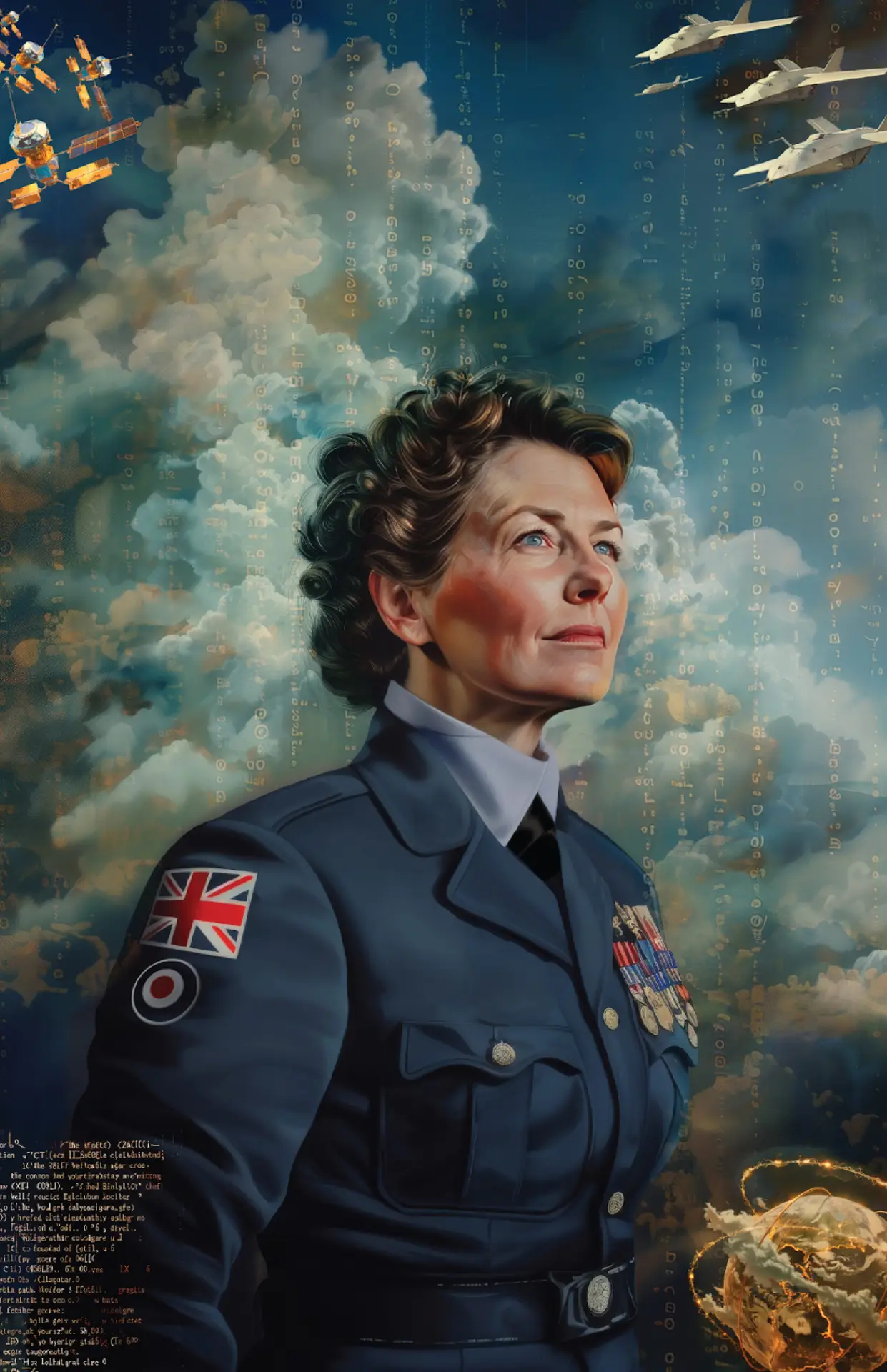
Strategic Narrative
The goal is not just compelling and creative storytelling, but to drive change
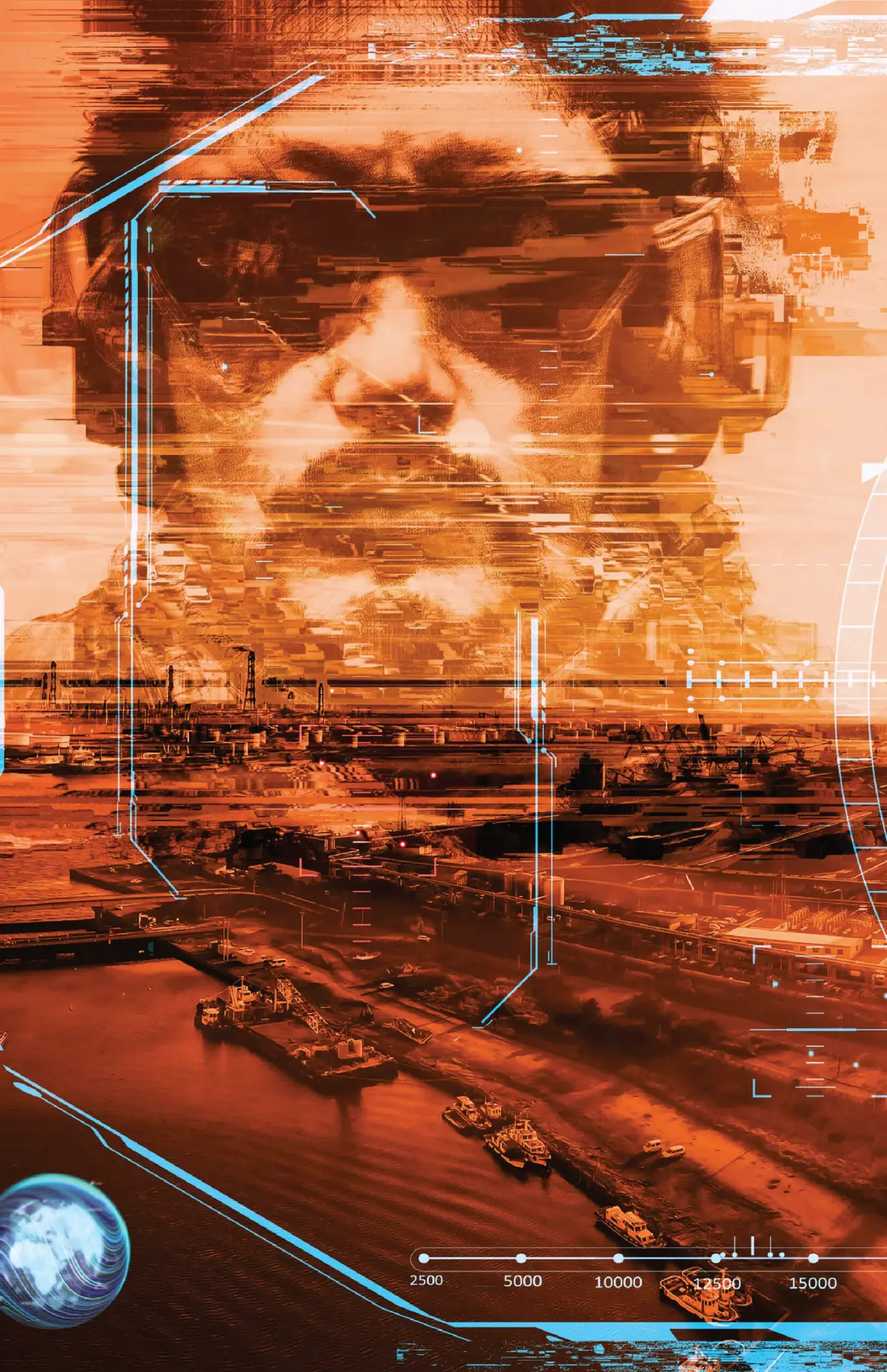
Tell Your Story
Customer goals, experiences, and audiences determine the best narrative
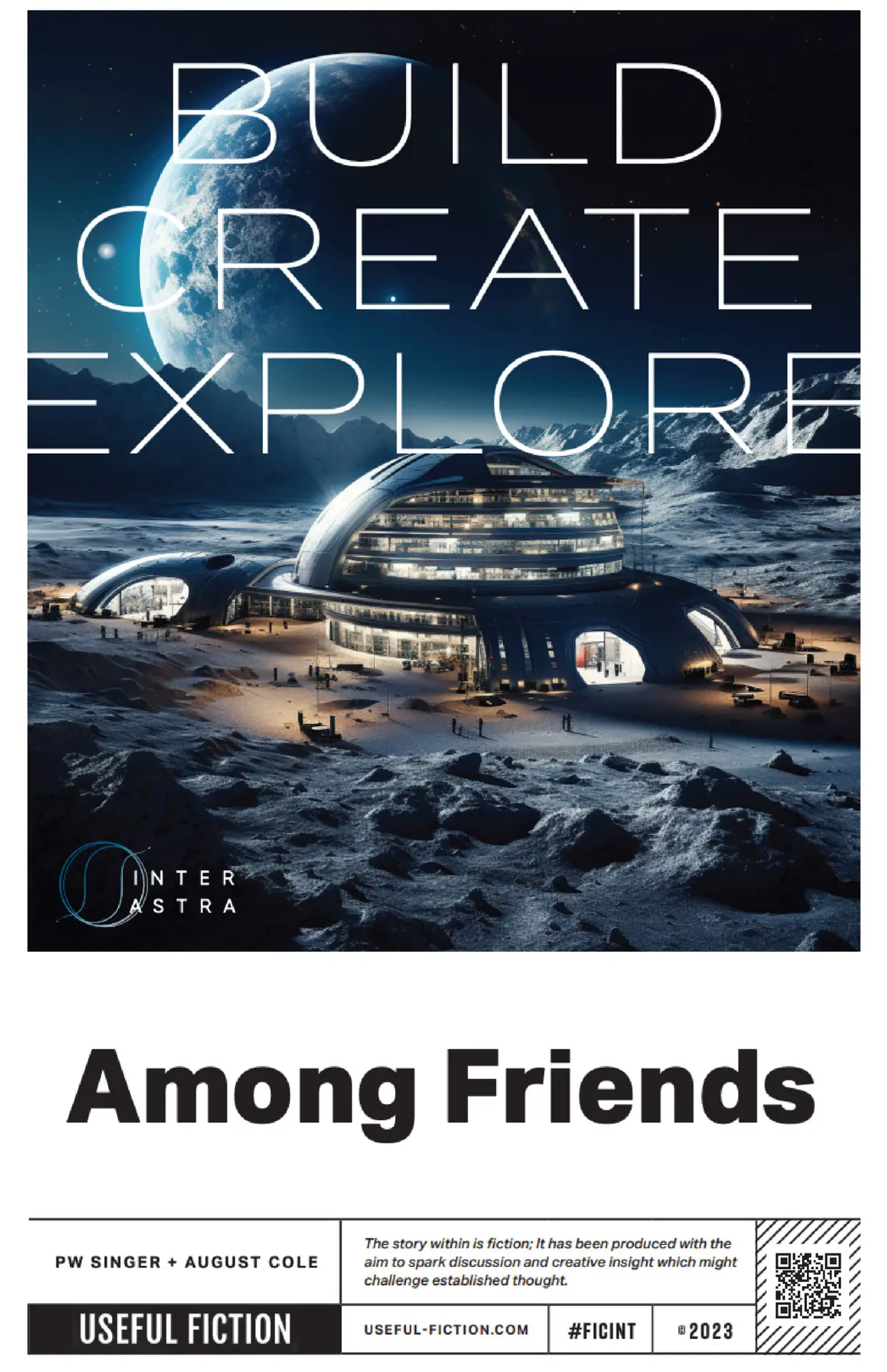
The Rules of the Real
To be “useful,” the narrative must convey both facts and the human dimension
Managing Partners
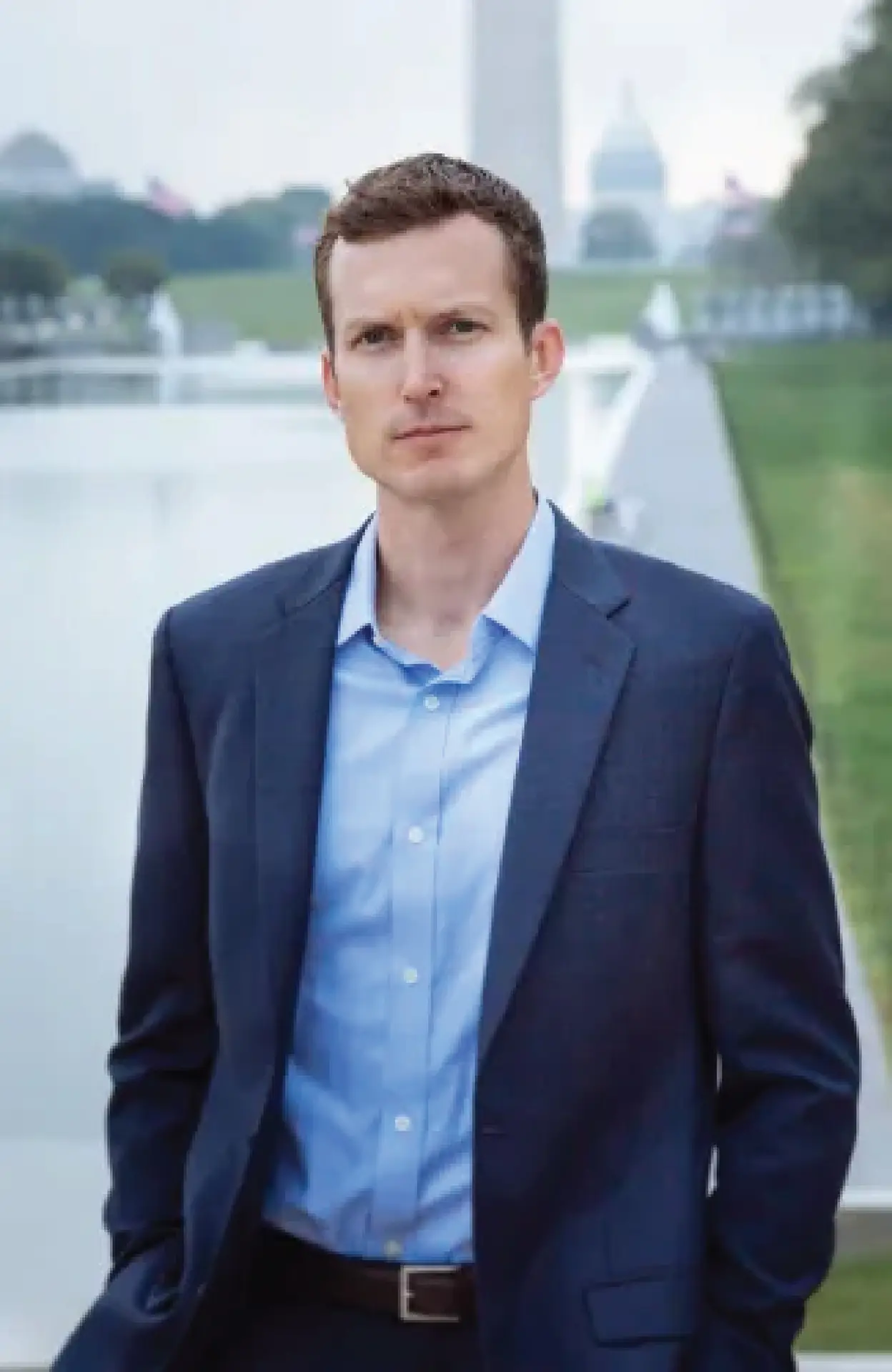
August Cole
August Cole is Founder & Managing Partner at Useful Fiction™ and an author exploring the future of conflict through fiction and other forms of FICINT™ storytelling. His talks, short stories, and workshops have taken him from speaking at the Nobel Institute in Oslo to presenting at SXSW Interactive to tackling the “Dirty Name” obstacle at Fort Benning. He is an Associate Fellow at the Royal United Services Institute in London and a non-resident senior fellow at the Brent Scowcroft Center on Strategy and Security at the Atlantic Council; he directed the Council’s Art of the Future Project, which explores creative and narrative works for insight into the future of conflict, from its inception in 2014 through 2017. August is a regular speaker to private sector, academic and US and allied government audiences. Previously, August reported on the defense industry for The Wall Street Journal, helping break many major national security stories, including foreign cyber spies hacking into the U.S. Joint Strike Fighter program, major defense contractors doing “Smart Power” development work in Africa, U.S. sales of F-16 fighters to Iraq and a Blackwater civilian shooting incident in Afghanistan. Prior to that, he worked as an editor and a reporter for MarketWatch.com. Designated a “Mad Scientist” by the US Army, he is a former non-resident fellow at the Modern War Institute at West Point. With P.W. Singer, he is also the co-author of a new type of novel, using the format of a technothriller to communicate nonfiction research. Ghost Fleet: A Novel of the Next World War was both a top summer read and led to briefings everywhere from the White House to the Pentagon. His latest is Burn-In: A Novel of the Real Robotic Revolution. It has been described by the creator of Lost and Watchmen as “A visionary new form of storytelling—a rollercoaster ride of science fiction blended with science fact,” and by the head of Army Cyber Command as “I loved Burn-In so much that I’ve already read it twice.”
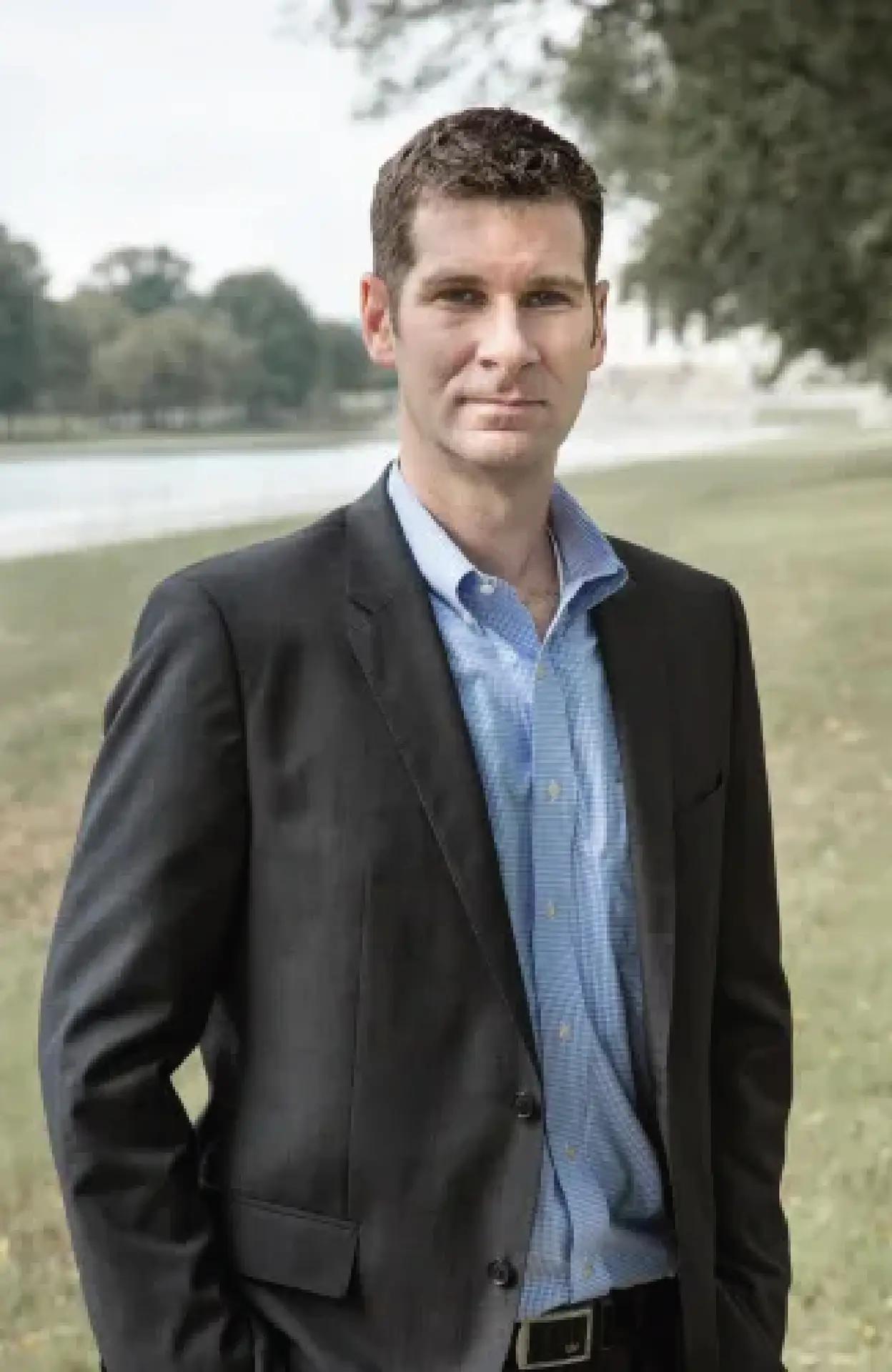
Peter Warren Singer
Peter Warren Singer is Strategist at New America, a Professor of Practice at Arizona State University, and Founder & Managing Partner at Useful Fiction™. A New York Times Bestselling author, described in the Wall Street Journal as “the premier futurist in the national-security environment” and “all-around smart guy” in the Washington Post, he has been named by the Smithsonian as one of the nation’s 100 leading innovators, by Defense News as one of the 100 most influential people in defense issues, by Foreign Policy to their Top 100 Global Thinkers List, and as an official “Mad Scientist” for the U.S. Army’s Training and Doctrine Command. No author, living or dead, has more books on the professional US military reading lists. His non-fiction books include Corporate Warriors: The Rise of the Privatized Military Industry, Children at War, Wired for War: The Robotics Revolution and Conflict in the 21st Century; Cybersecurity and Cyberwar: What Everyone Needs to Know and most recently LikeWar, which explores how social media has changed war and politics. It was named an Amazon and Foreign Affairs book of the year and reviewed by Booklist as “LikeWar should be required reading for everyone living in a democracy and all who aspire to.” He is also the co-author of a new type of novel, using the format of a technothriller to communicate nonfiction research. Ghost Fleet: A Novel of the Next World War was both a top summer read and led to briefings everywhere from the White House to the Pentagon. His latest is Burn-In: A Novel of the Real Robotic Revolution. It has been described by the creator of Lost and Watchmen as “A visionary new form of storytelling—a rollercoaster ride of science fiction blended with science fact,” and by the head of Army Cyber Command as “I loved Burn-In so much that I’ve already read it twice.”
Other Team members

Art by Yoshi Sodeoka
Yoshi Sodeoka is an internationally acclaimed visual artist whose work has been displayed at Centre Pompidou, Tate Britain, and the Museum of Modern Art, among other prestigious venues. His editorial art work on subjects such as facial recognition, robotic warfare, and disinformation can be found in publications like the New York Times, MIT Technology Review, and WIRED Magazine.
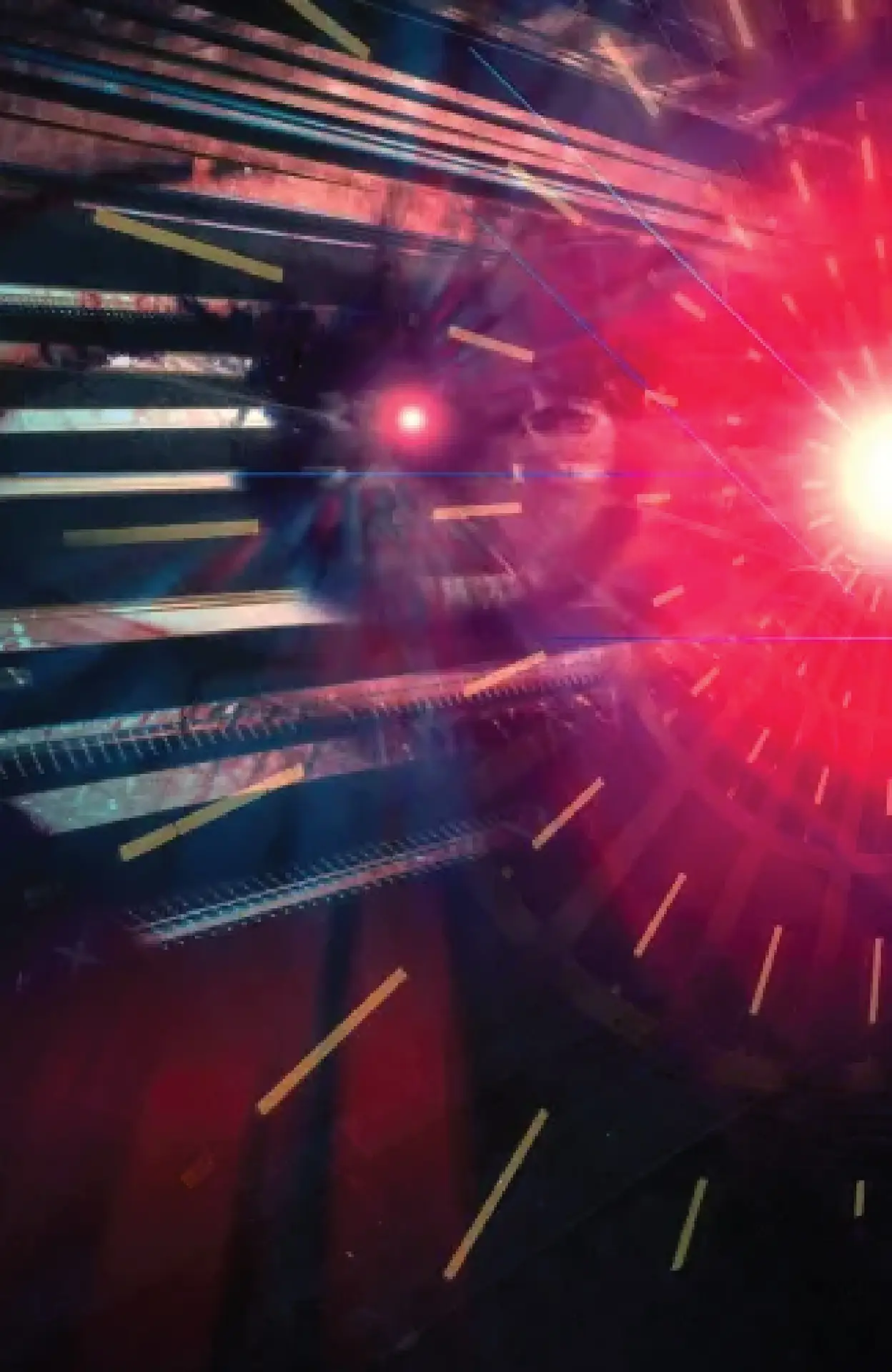
Design by Sam Cole
Sam Cole is a filmmaker and artist creating content for top brands such as NIKE, VISIONAIRE, and G-SHOCK with his creative studio MAKEBELIEVE.WORLD. Cole has also lived and worked in Japan where he directed award-winning music videos for top Japanese artists and directed, shot and produced a feature documentary, Danchi No Yume.
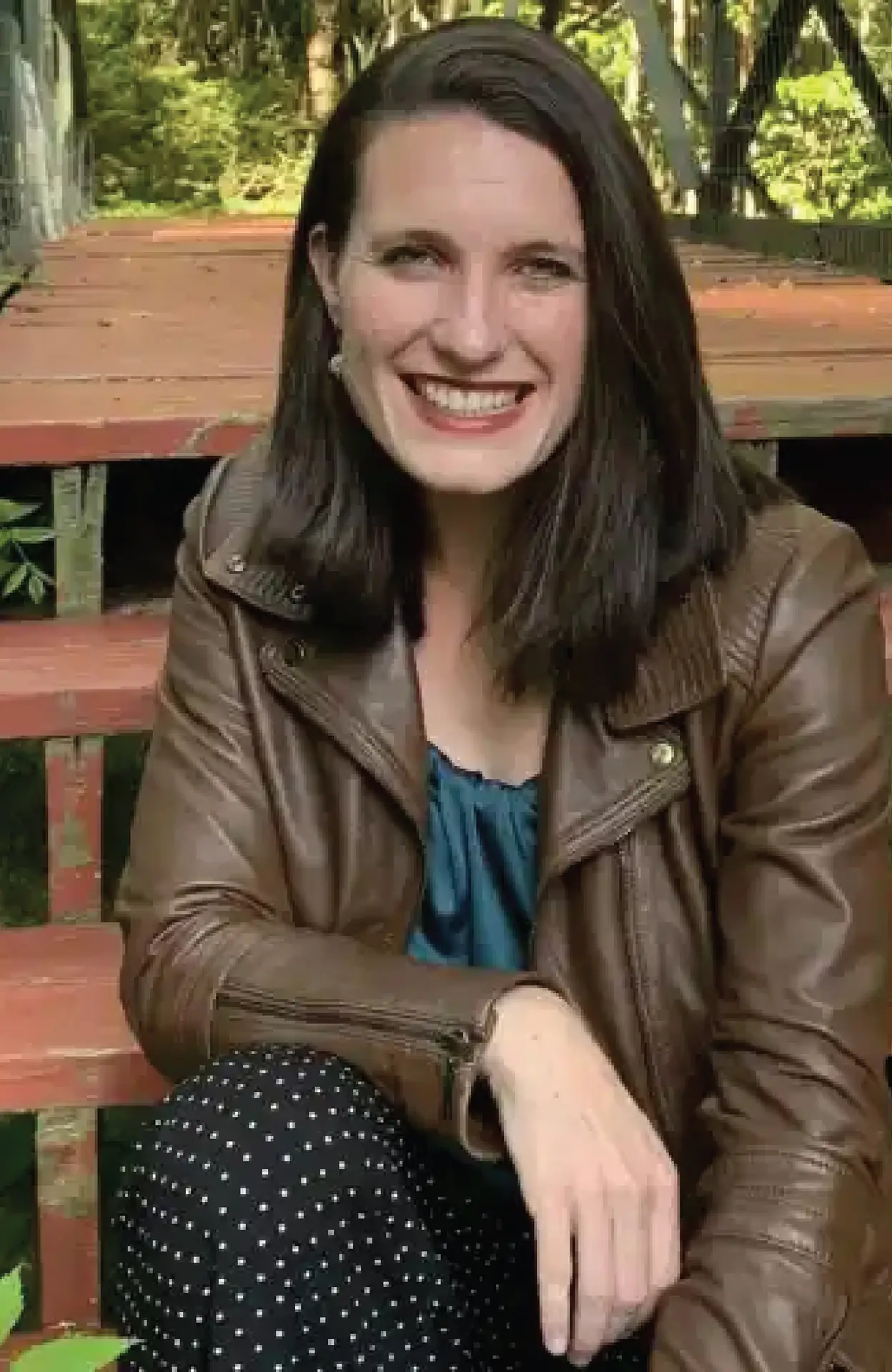
Hope Seck
Hope Seck is an award-winning reporter and editor, who has been covering tech and military issues since 2009. The former managing editor for Military.com, she is also a member of the board of directors at the Military Reporters and Editors Association. A graduate of The King’s College in New York City, her work has also appeared in Marine Corps Times, Newsweek, USA Today, The New York Sun, and World Magazine.

Brian O’Rourke
Brian O’Rourke is the former Senior Editor of U.S. Naval Institute Proceedings and was the managing editor of Duffel Blog for many years. He has also worked as an editor for Task & Purpose and The War Zone. He is a graduate of Boston University’s College of Engineering, with a master’s in mechanical engineering, and he has patented a high-pressure, high-temperature subsea connector while working professionally. His homemade bread has been described as “properly baked.”

Jud Smith
Jud Smith is a retired military officer who served in the U.S. Air Force and U.S. Space Force. As a graduate of the Naval Postgraduate School and the lead for multiple highly successful military space programs, he brings a wealth of knowledge and experience in organizational leadership, program management, and defense contracting. His distinguished service spans the Department of Defense, the Intelligence Community, and Special Operations to include multiple deployments in support of Operations Inherent Resolve and Enduring Freedom.

Brian Payne
Brian Payne is Managing Partner at ATON design. An artist and former faculty member at Rhode Island School of Design, his work specializes in communicating complex ideas, thematic concepts, narratives, systems and more through visuals like editorial and conceptual illustrations, posters and print materials, logos and branding, interpretive signage, information graphics, objects, landscapes, and books.
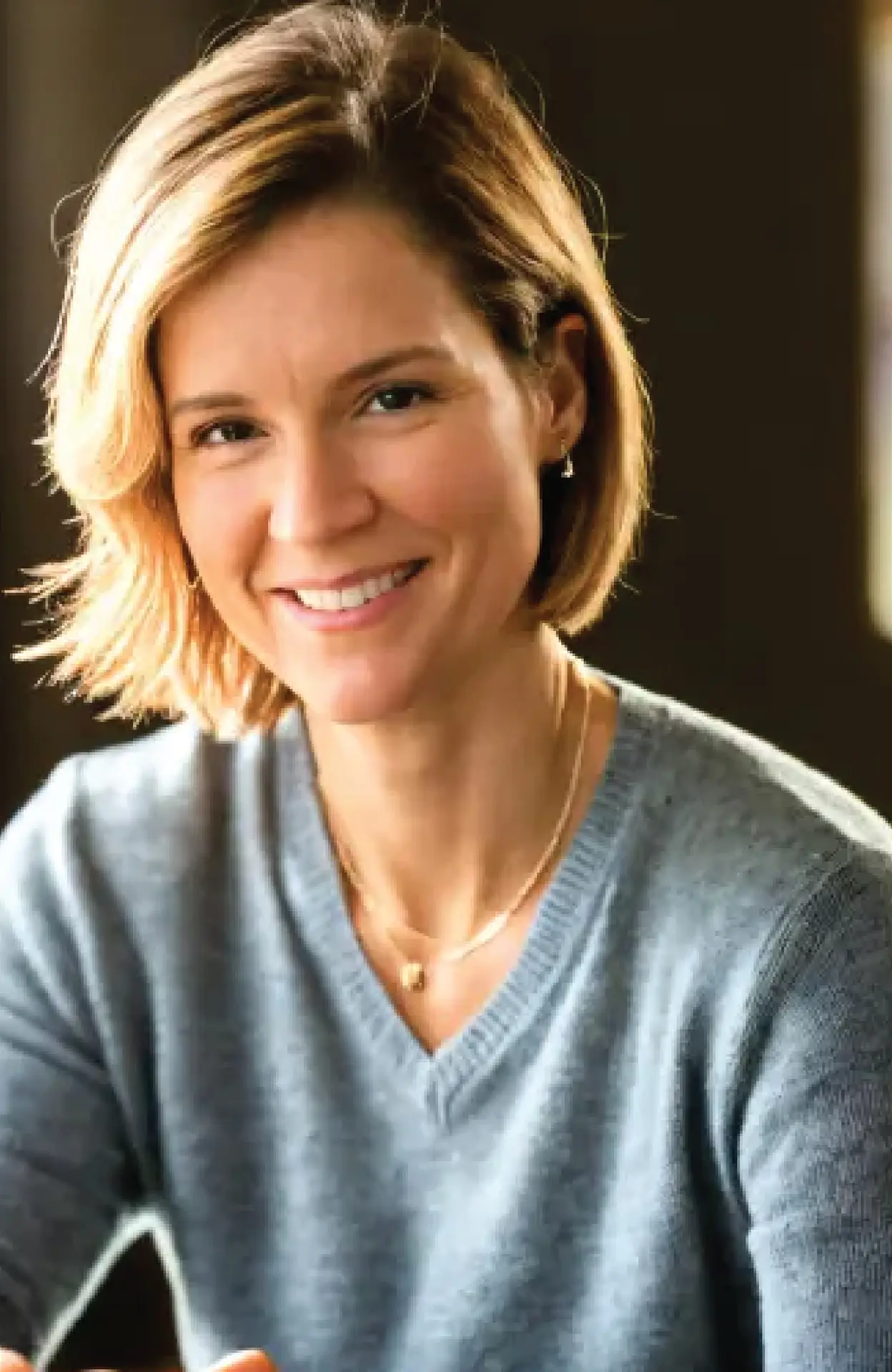
Susan Singer
Susan Singer is an experienced executive leader with a demonstrated history of success at optimizing the performance of product strategy and development, business operations, and stakeholder communications. In addition to helping Useful Fiction with its financials, she is currently incubating a new company.
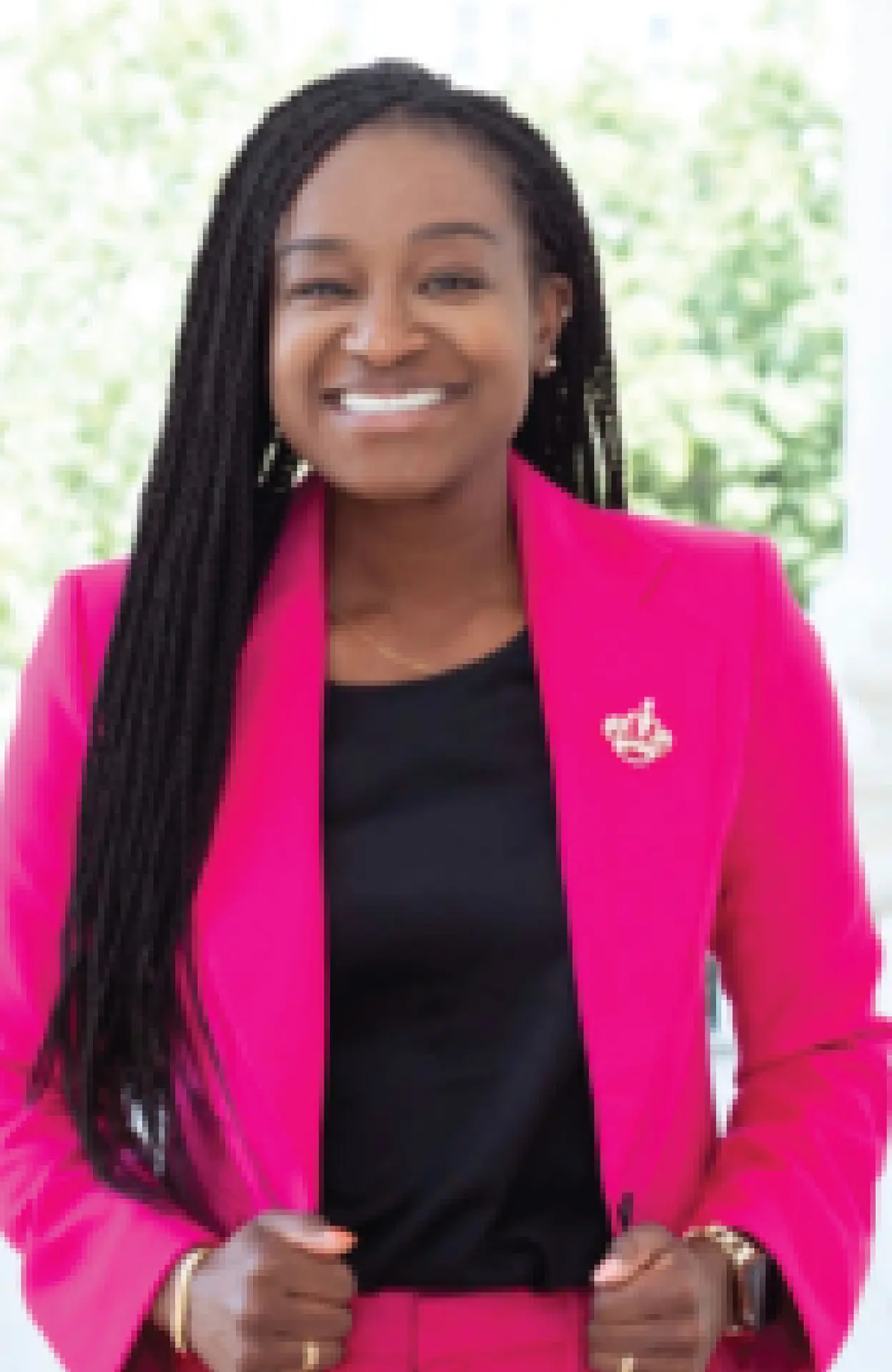
Camille Stewart Gloster, Esq.
Camille Stewart Gloster, Esq. is the former Deputy National Cyber Director for The White House. In her role, Camille led technology, supply chain, data security, and cyber workforce and education efforts for the Office of the National Cyber Director. She joined ONCD from Google, where she most recently served as Global Head of Product Security Strategy, and before that as Head of Security Policy and Election Integrity for Google Play and Android.
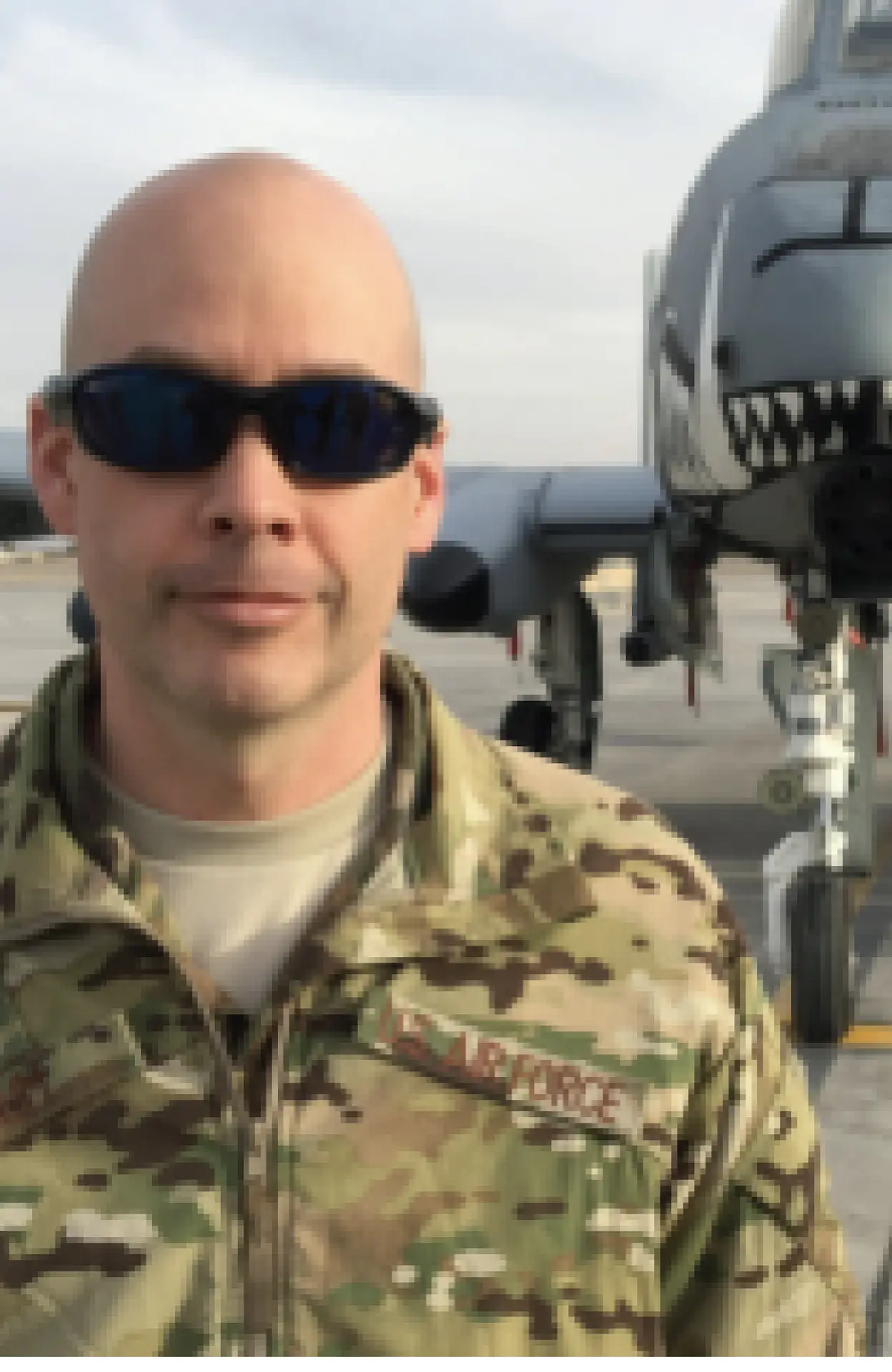
Matt Yocum
Matt Yocum is a retired colonel from the U.S. Air Force. Among his assignments were serving as Director of the Commander’s Action Group for U.S. Central Command and as the Director of Strategic Plans, Policy, and Futures at the Joint Special Operations Command. Matt is also an award-winning author, whose writing ranges from technical engineering articles to short stories for Marvel Comics.
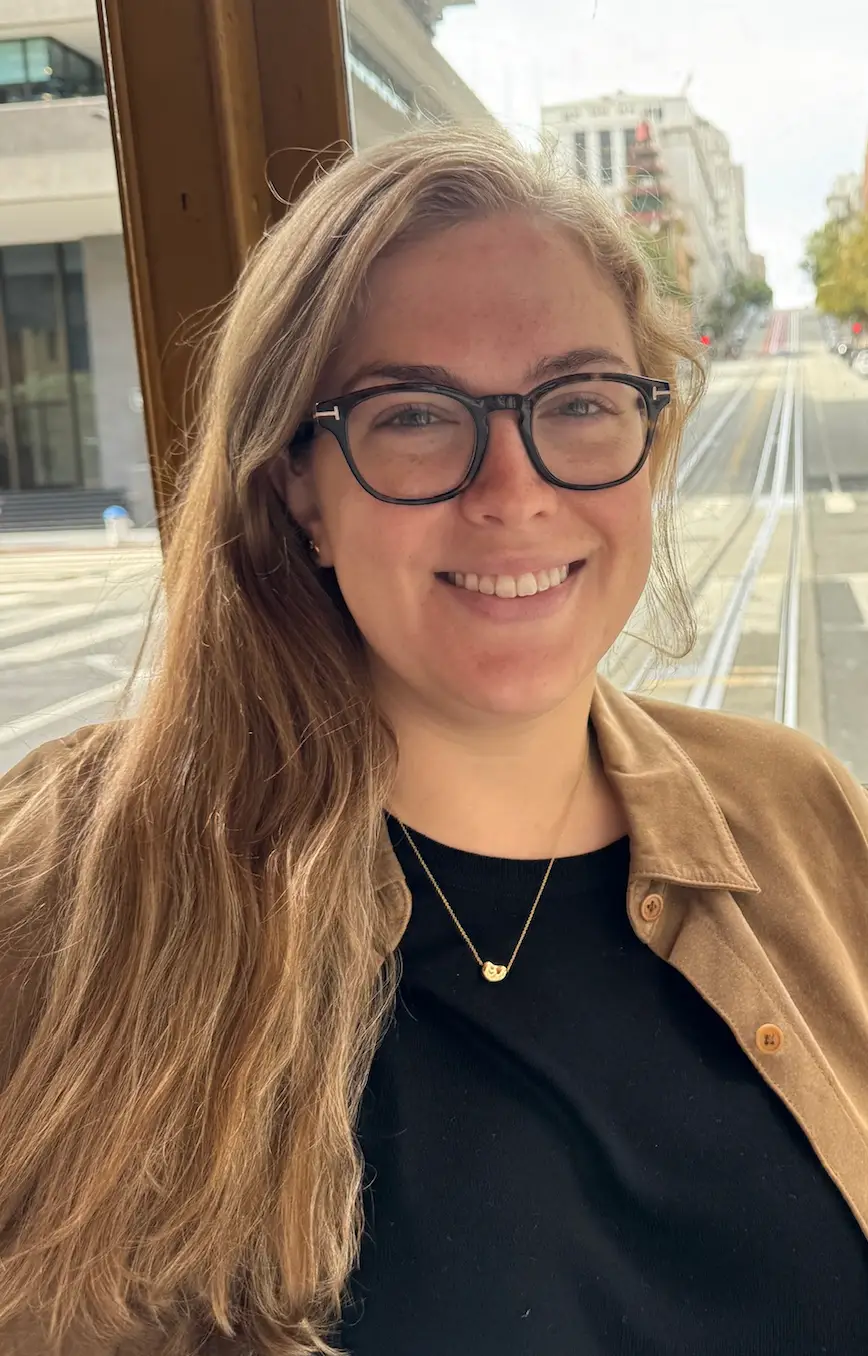
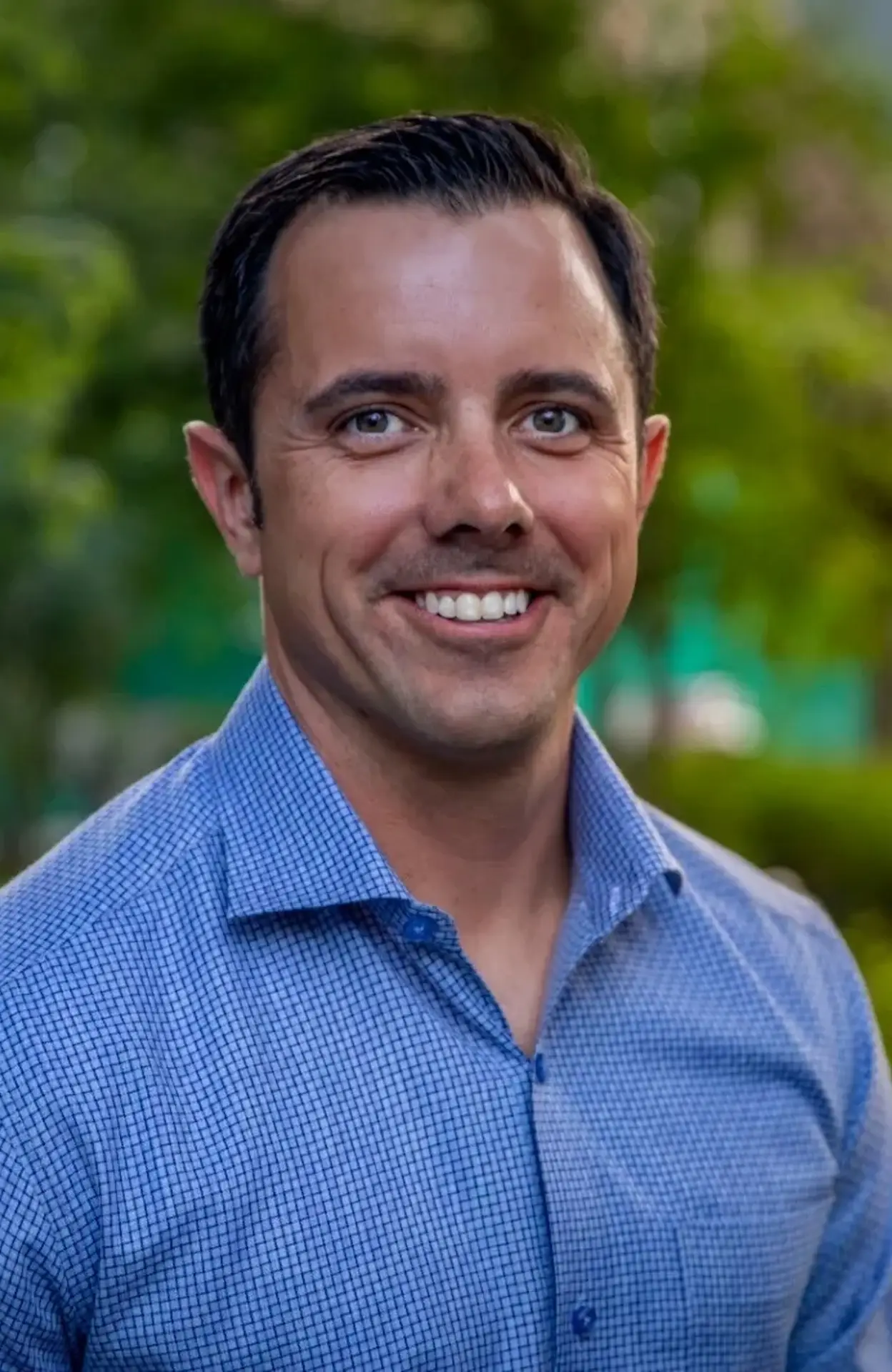
Joe Byerly
Joe Byerly is the founder and director of From the Green Notebook, a platform that explores the art of military leadership and a Non-Resident Fellow at the Modern War Institute at the United States Military Academy. A retired Army Lt. Colonel, he is a combat and arms officer with over 20 years of experience, including multiple positions within Joint Special Operations Command, including as the special advisor to the commander of Resolute Support Mission, Afghanistan.

Tim Carter
Tim Carter is an award-winning writer and producer of fiction, video games, and feature films.
He is best known for writing the console game Sleeping Dogs, writing and producing the Dead
Rising series of films for Legendary Pictures, and producing the groundbreaking digital series
Mortal Kombat: Legacy for Warner Bros. His most recent novel, Jester, was published in 2025.
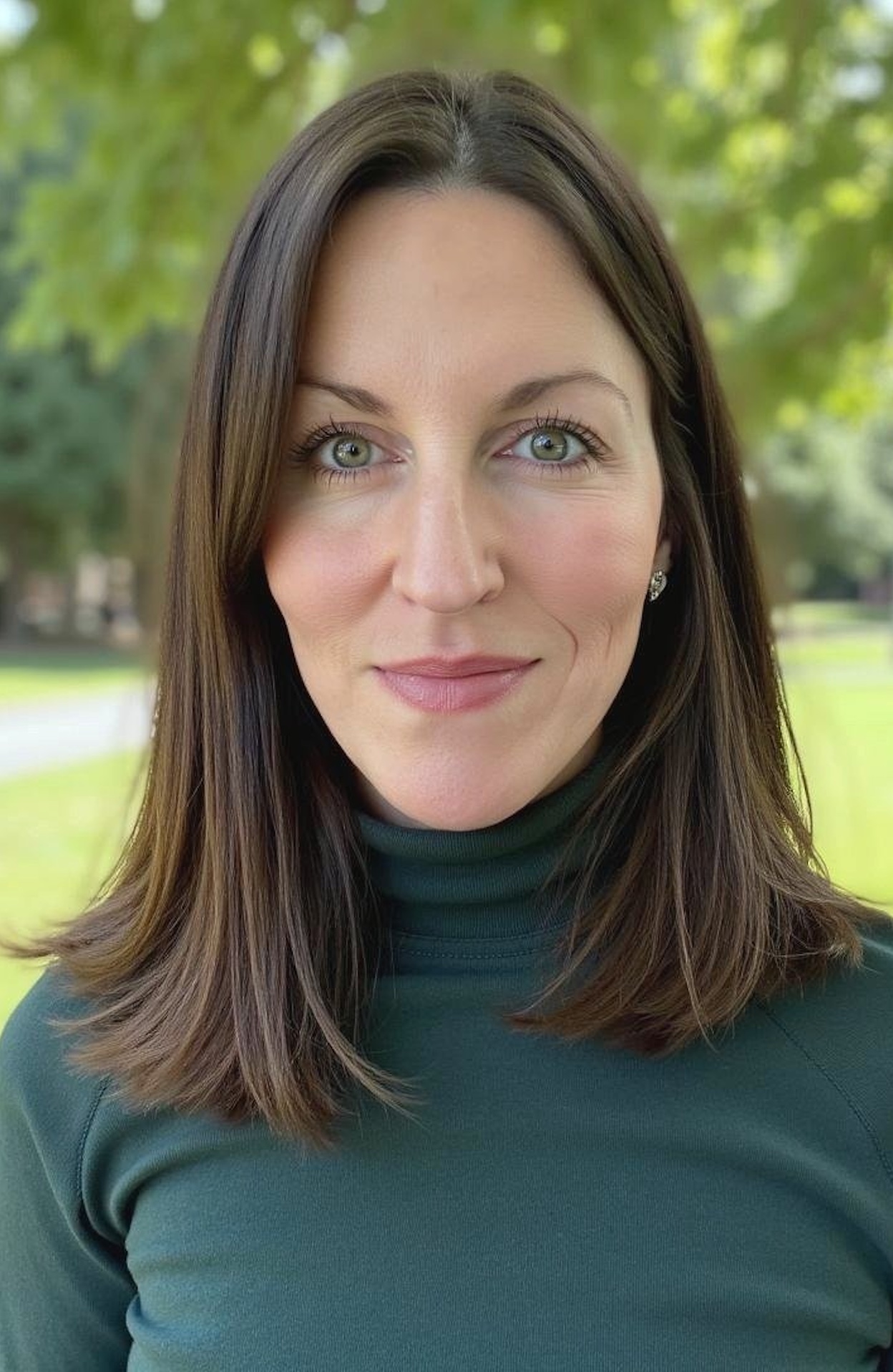
Angela Donahoo
Angela Donahoo is a federal acquisition expert who has advised hundreds of emerging technology companies and government contractors through complex procurement processes. As Innovation Sector Director at GSA, Angie oversaw over $5 billion in SBIR/STTR and CSO contracts and led a team of 40+ acquisition professionals. She is also on the advisory council of The Outpost, helping tech founders bridge the gap to federal markets. Angie holds an MBA and undergraduate degrees from Virginia Tech, and previously worked at McKinsey & Company.
ADVISORY GROUP
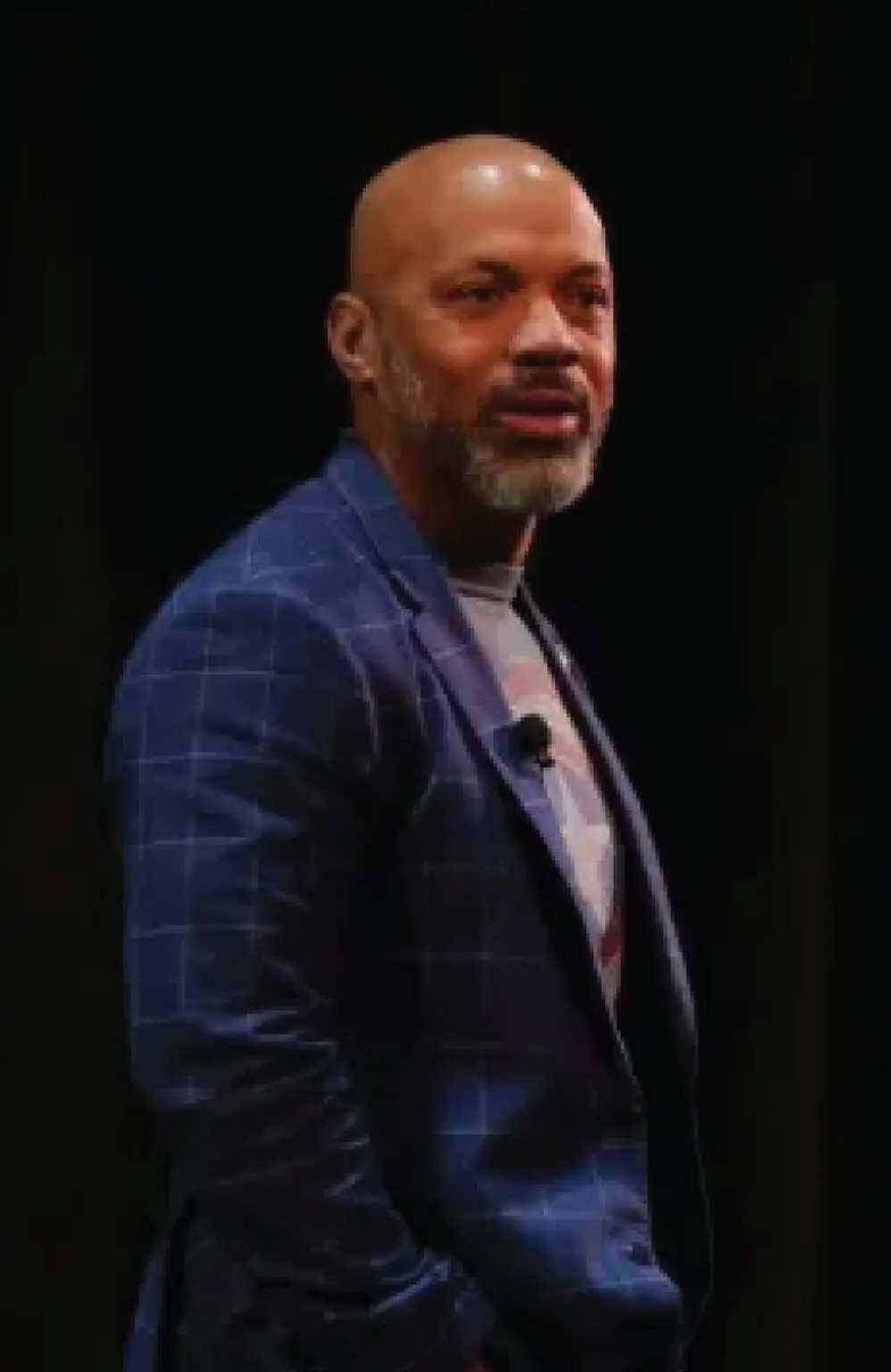
Ché Bolden
Ché Bolden is President of the Charles F. Bolden Group and Co-Founder of SapientONE. With experience and interests in Human-Machine Collaboration and integration, Extended Reality, and other technology adoption and adaptation, Ché served 26 years in the Marine Corps in roles that range from the Joint Staff to as a Strike Fighter Weapons Instructor (TOP GUN).
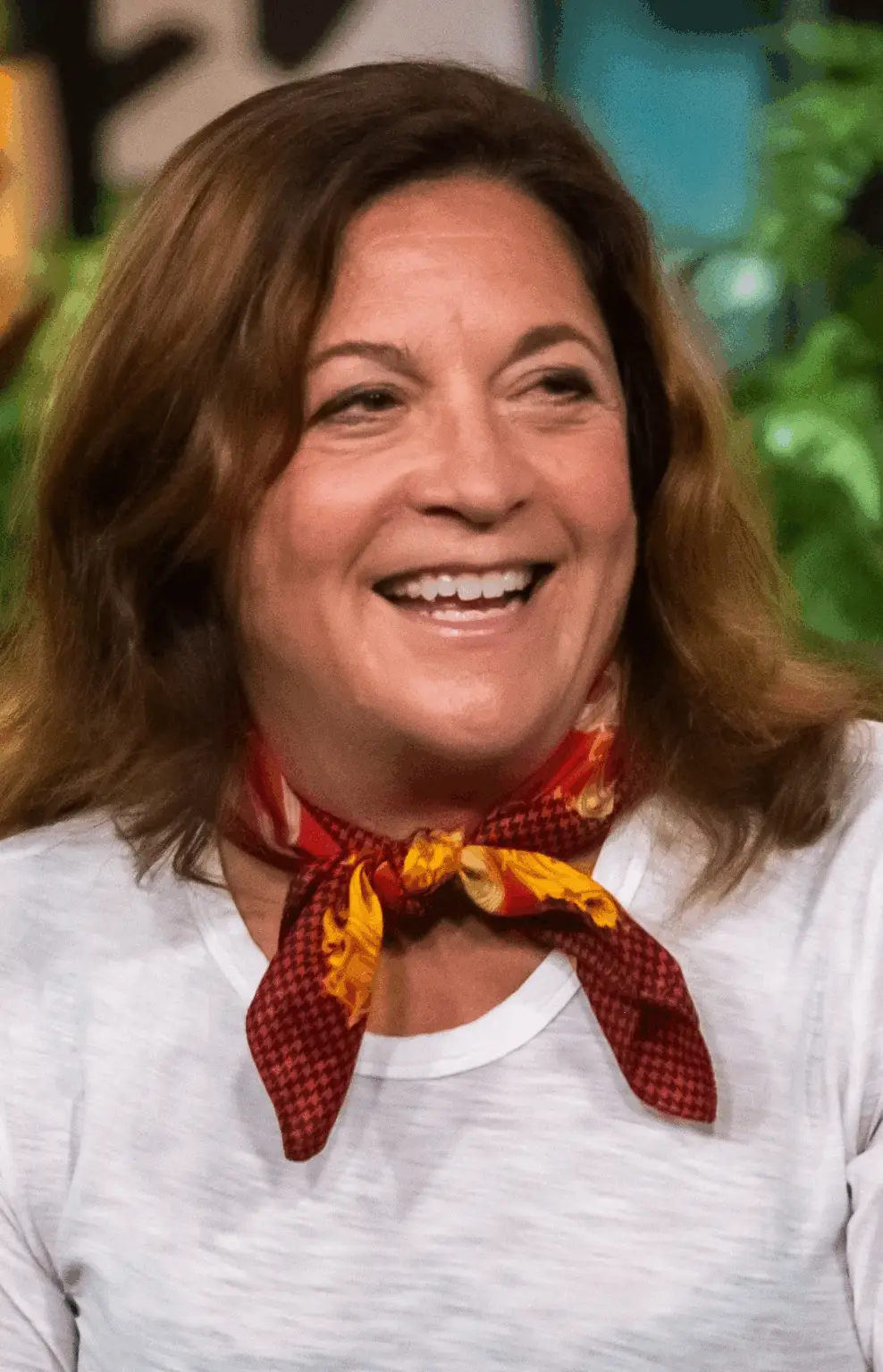
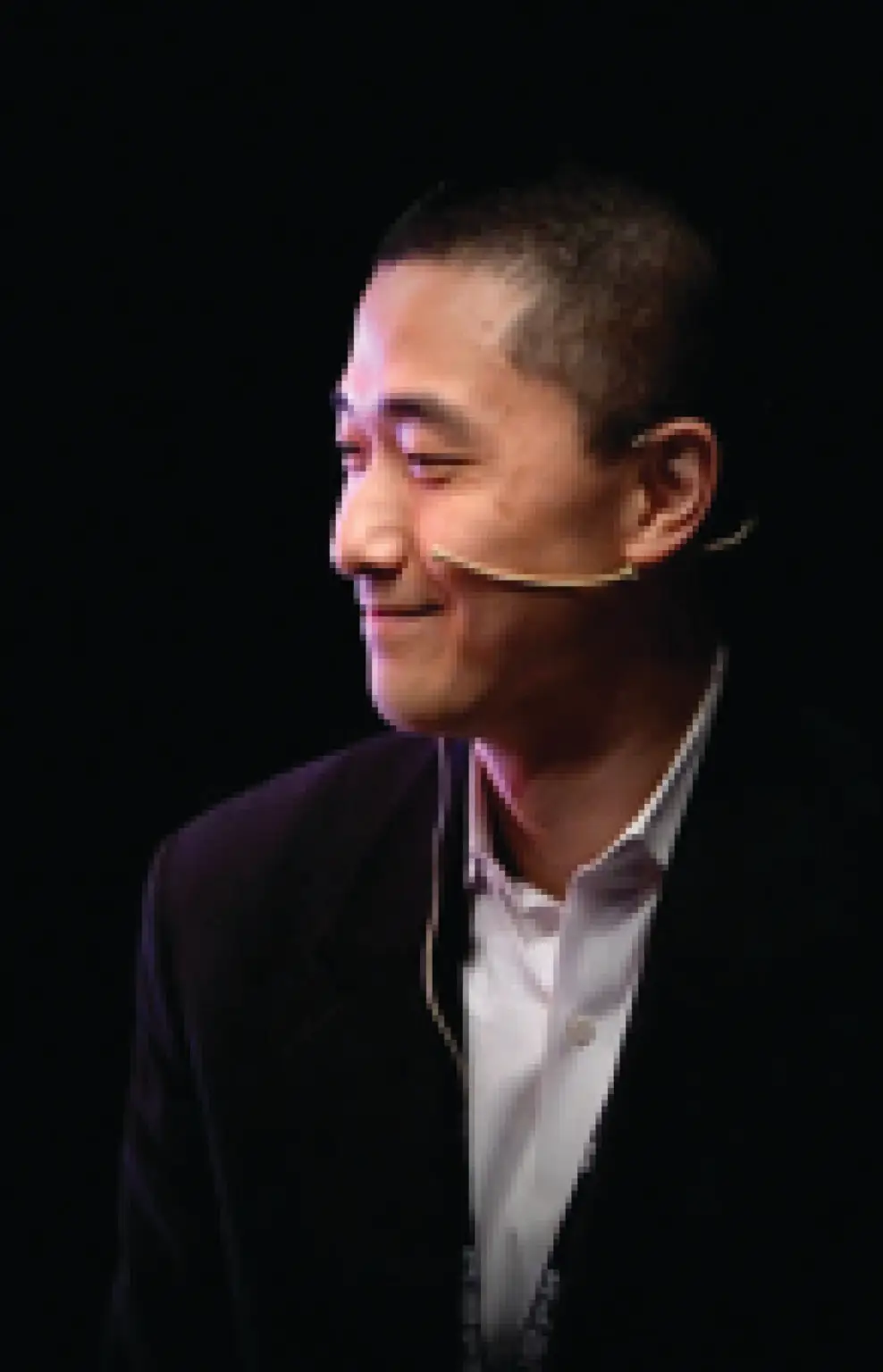
Ken Liu
A winner of the Nebula, Hugo, and World Fantasy awards, Ken Liu is the author of multiple best-selling science fiction books, the inventor of the “silkpunk” genre bringing together traditions of engineering and East Asia’s classical antiquity and aesthetics., as well as translator of the acclaimed Three Body Problem series. He also consults on the implications of new technologies, science fiction, virtual reality, and sustainable storytelling.
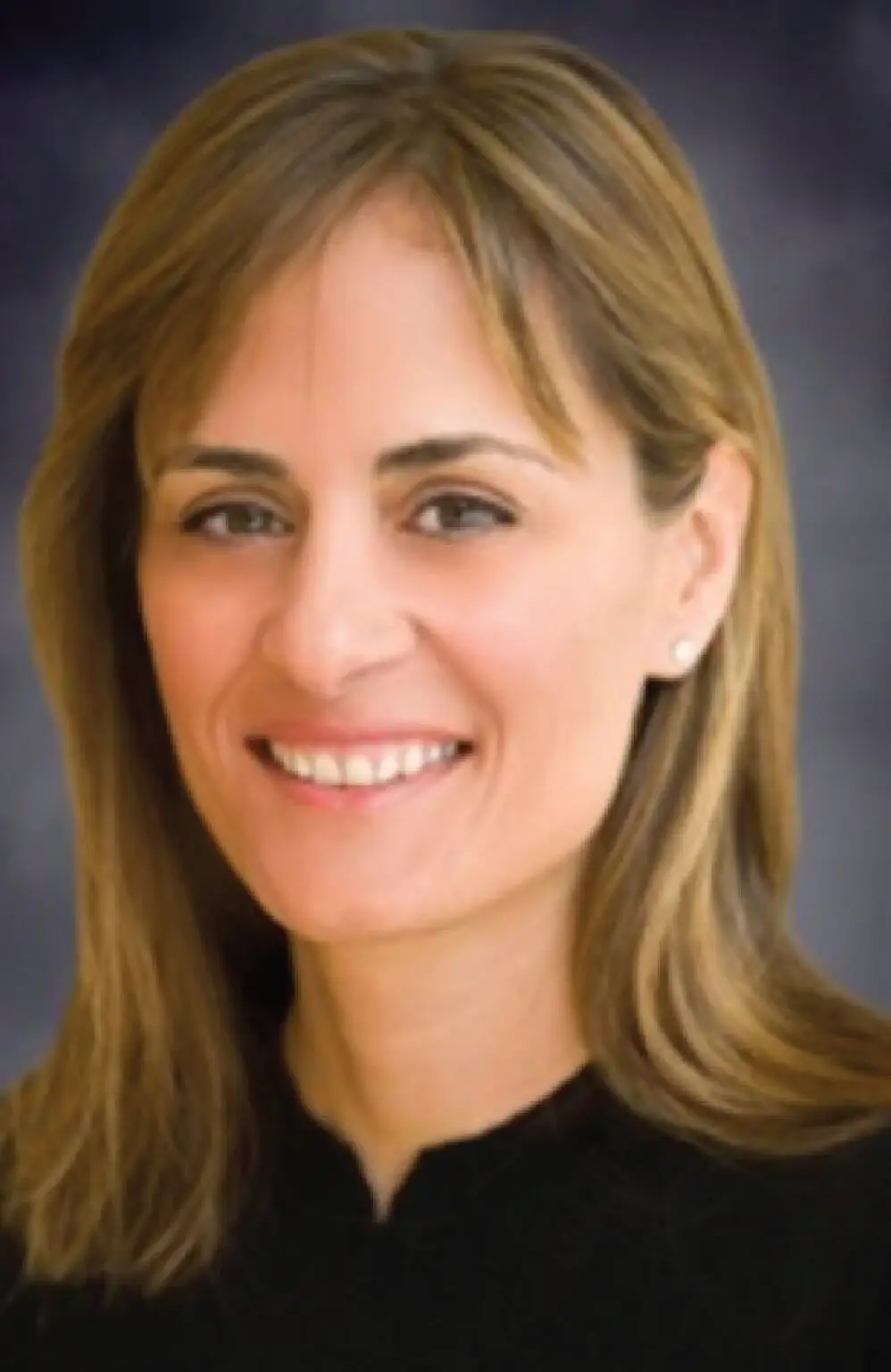
Niloofar Razi Howe
Niloofar Razi Howe has been an investor, executive and entrepreneur in the tech industry for over 25 years. She has served as Chief Strategy Officer at RSA, a global cybersecurity company, a Sr. Operating Partner at Energy Impact Partners and is on the boards of Morgan Stanley Bank, NA, Recorded Future, Tenable and the NSA.
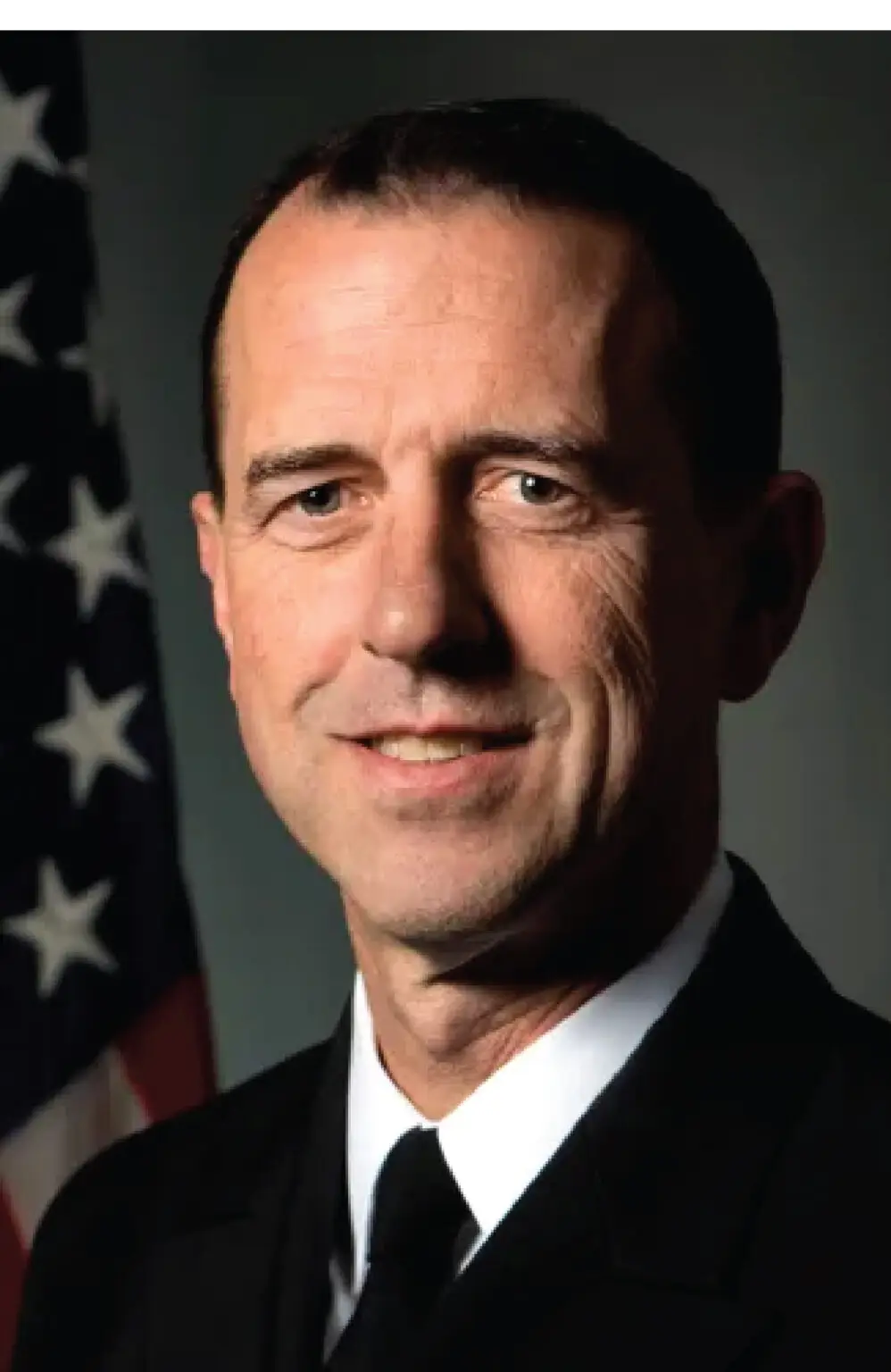
Admiral John M. Richardson
Admiral John M. Richardson is a retired United States Navy four-star Admiral who served as the 31st Chief of Naval Operations (CNO) from 2015 until 2019. Adm. Richardson also served as the Director of the Naval Nuclear Propulsion Program (a joint Department of Energy and Department of Navy organization), and the Commander of the U.S. Navy Submarine Force.
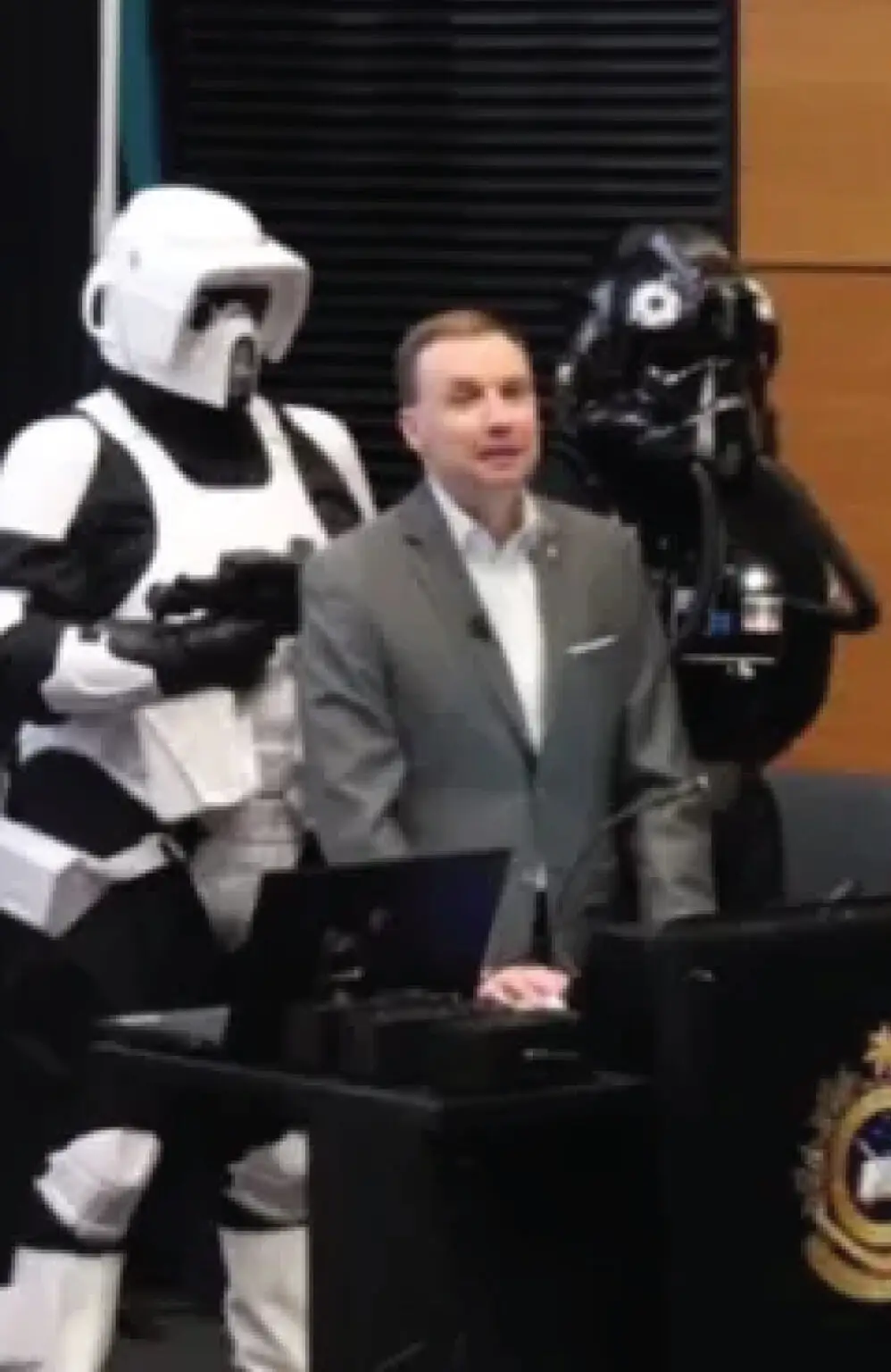
Major General Mick Ryan
Major General Mick Ryan is a retired Australian Army officer, who commanded at the Troop, Squadron, Regiment, Task Force, and Brigade levels. He served as Director General for Training and Doctrine and Commander of the Australian Defense College, where he founded the “Perry Group” project to foster a forward-thinking and creative mindset. Ryan has also authored multiple books of both nonfiction and fiction on strategy, advanced technologies, and adaptation theory.
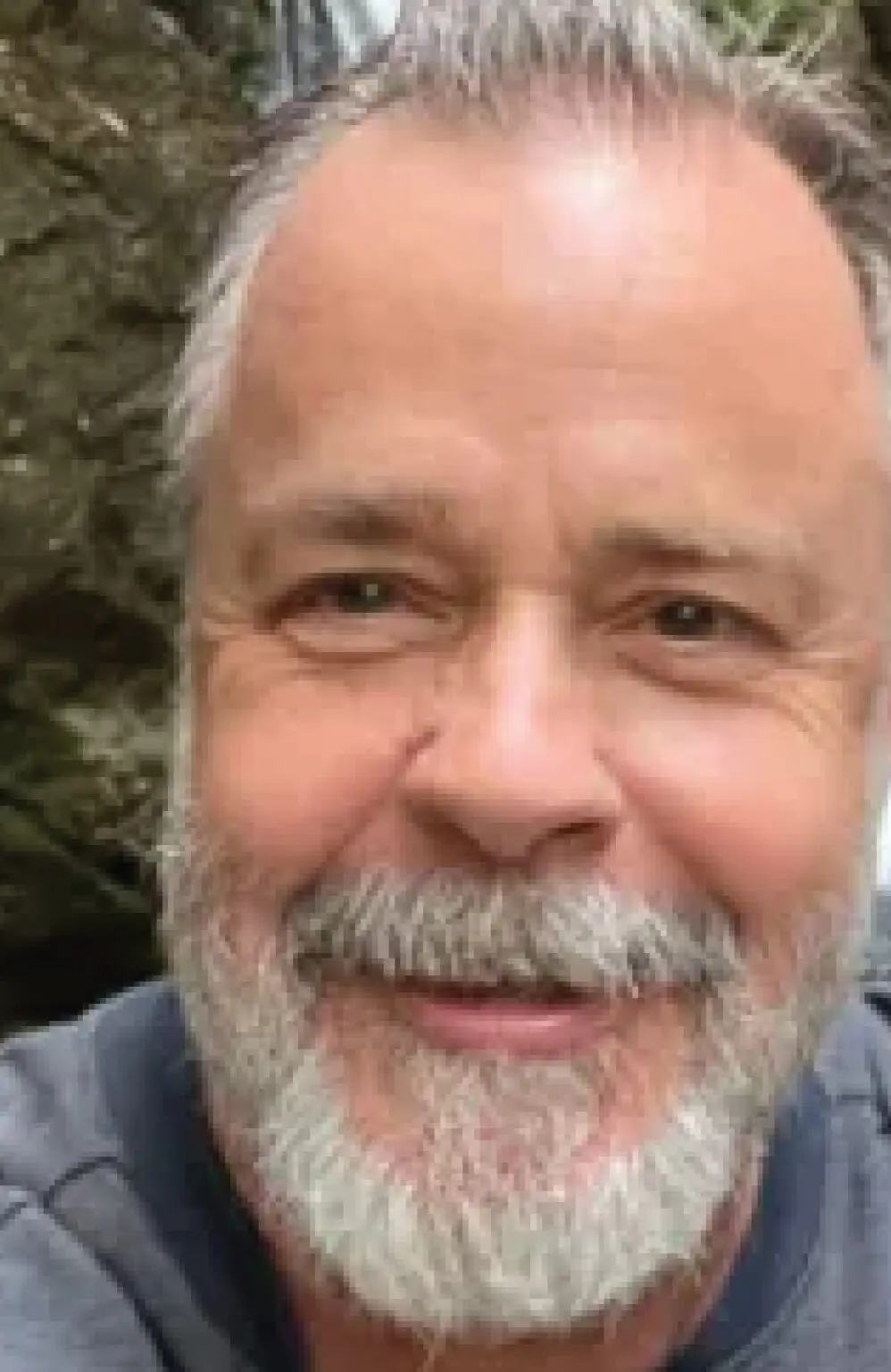
Brad Shelton
Brad Shelton is the Vice President of Creative and Story at production company BRC Imagination Arts. Brad has spoken and led workshops at events around the globe including South by Southwest and The Future of Storytelling Conference. As a hands-on writer and director, Brad has overseen the creative development of narrative projects for groups ranging from Major League Baseball and the NFL to Chick-fil-A and the Grand Ole Opry.
CONTRIBUTORS

Madeline Ashby
Madeline Ashby is an acclaimed author and futurist specializing in scenario development and science fiction prototypes. Her books include The First Machine Dynasty, Company Town, and How To Future: Leading and Sense-making in an Age of Hyperchange. She is a member of the AI Policy Futures Group at the ASU Center for Science and the Imagination, and the XPRIZE Sci-Fi Advisory Council. Her work has appeared in BoingBoing, Slate, MIT Technology Review, WIRED, The Atlantic, and elsewhere.
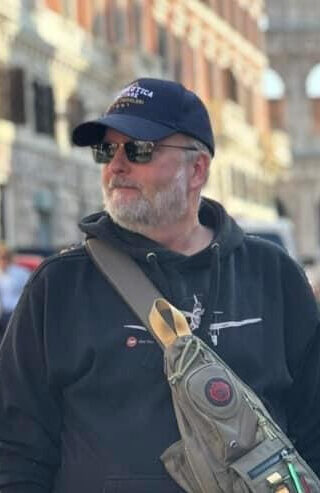
John Forsberg
John Forsberg is the creator of the military fiction YouTube channel, Flat Circle History, that presents a multi-episode series about a hypothetical third world war. John began FCH after retiring from his role as founder and CEO of a technology company he operated for 28 years. His new gig has proven to be far more fun and entertaining.

Alain Cisneros
Alain Cisneros is a NYC based FX artist, who has provided effects and animation in projects ranging from Samsung to Timberland.
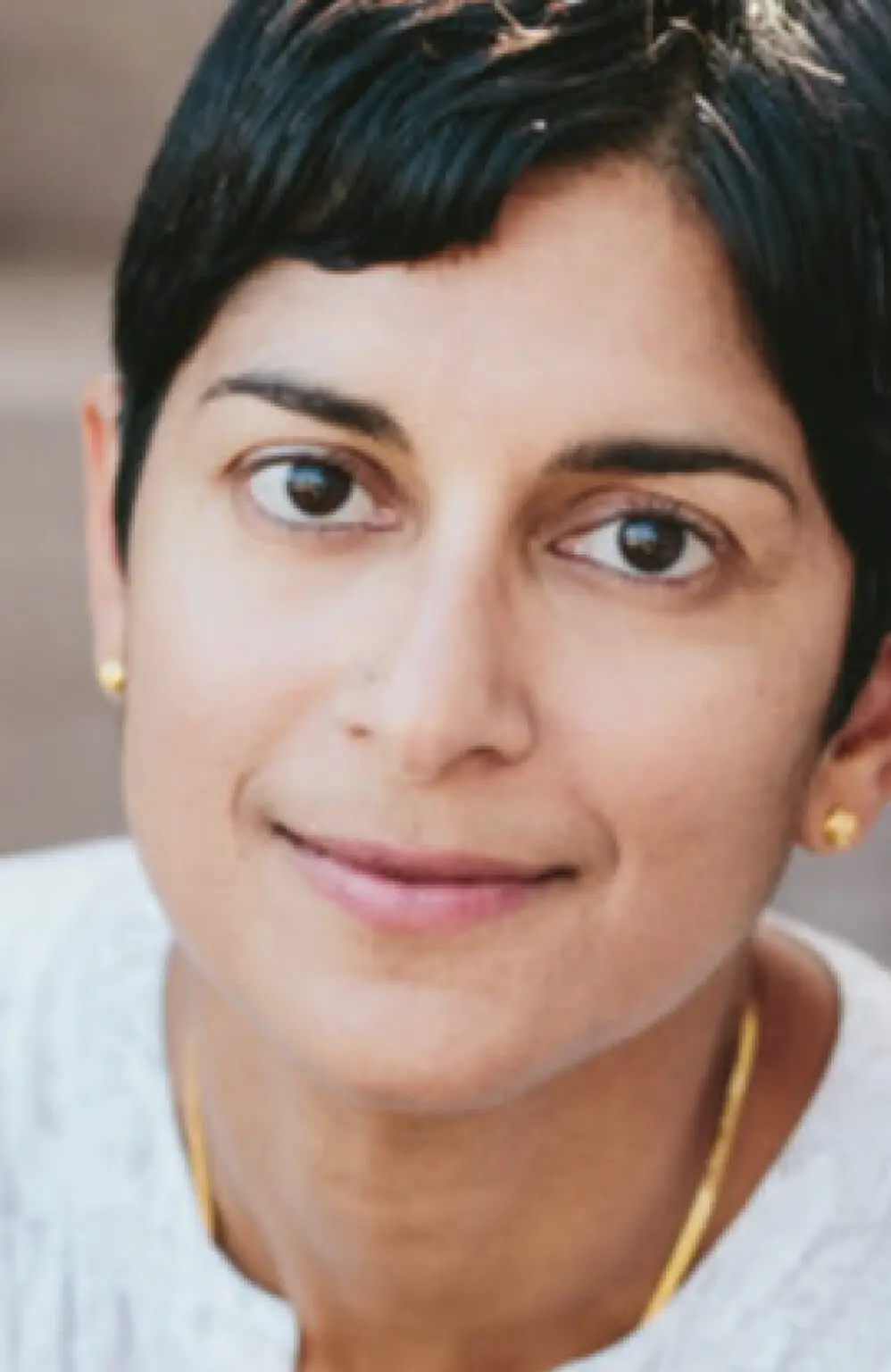
S.B. Divya
S.B. Divya worked for 20 years as an electrical engineer in various fields including pattern recognition, machine intelligence, high speed communications, digital music, and medical devices. She then shifted to writing, becoming the Hugo and Nebula Award nominated author of such books as Runtime, Machinehood, and Contingency Plans For the Apocalypse and Other Possible Situations. Divya is also the co-editor of the weekly science fiction podcast Escape Pod.

Omar El Akkad
Omar El Akkad is an author and journalist, who has reported from locations ranging from Afghanistan to Guantanamo Bay. His debut novel, American War, was named one of the best books of the year by The NY Times and selected by the BBC as one of 100 novels that changed our world. His following novel, What Strange Paradise, was chosen as a best book of the year by the NY Times, Washington Post, NPR, and others.
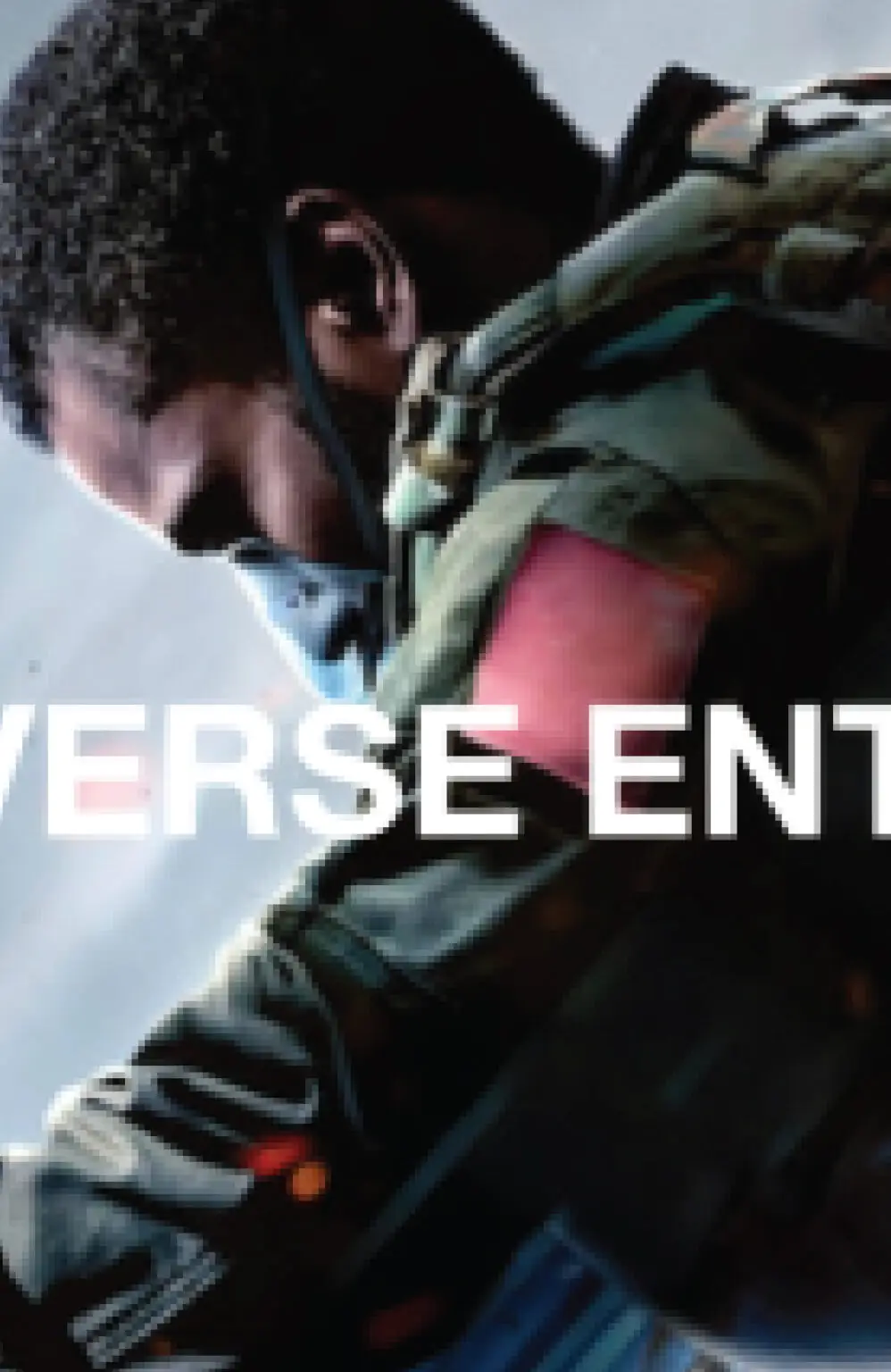
Joseph Fraioli
Joseph Fraioli is an award-winning sound designer. In his sound design work for advertising, TV and film like Tenet, he strives to create a unique and immersive world that pushes boundaries and surprises listeners through the use of custom innovative sound design which focuses on the enhancement of storytelling.
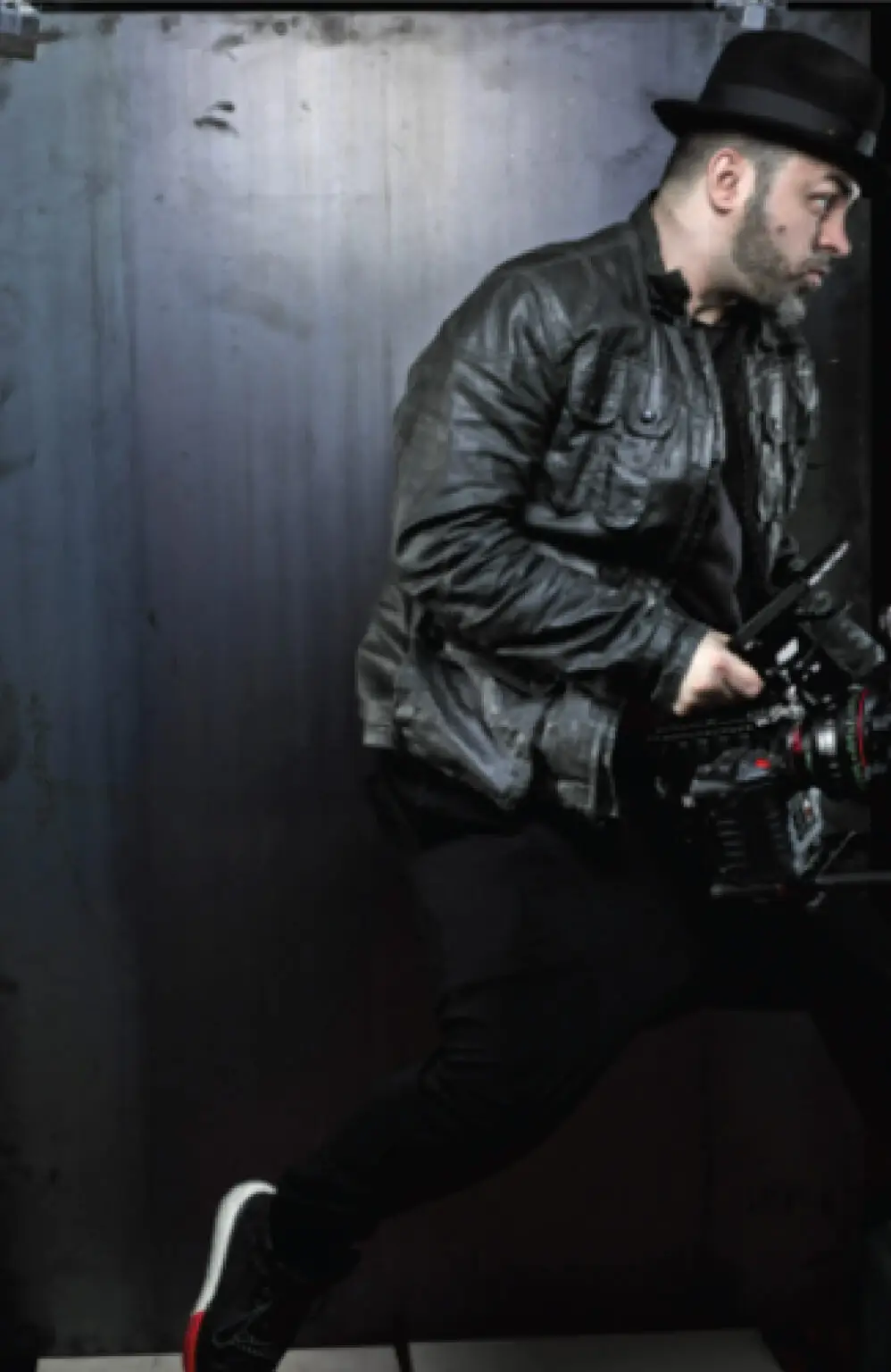
GMD Three
GMD Three is an artist and cinematographer, known for combining complex CGI with film and photography and having a passion for street culture, hip hop and graphic design.
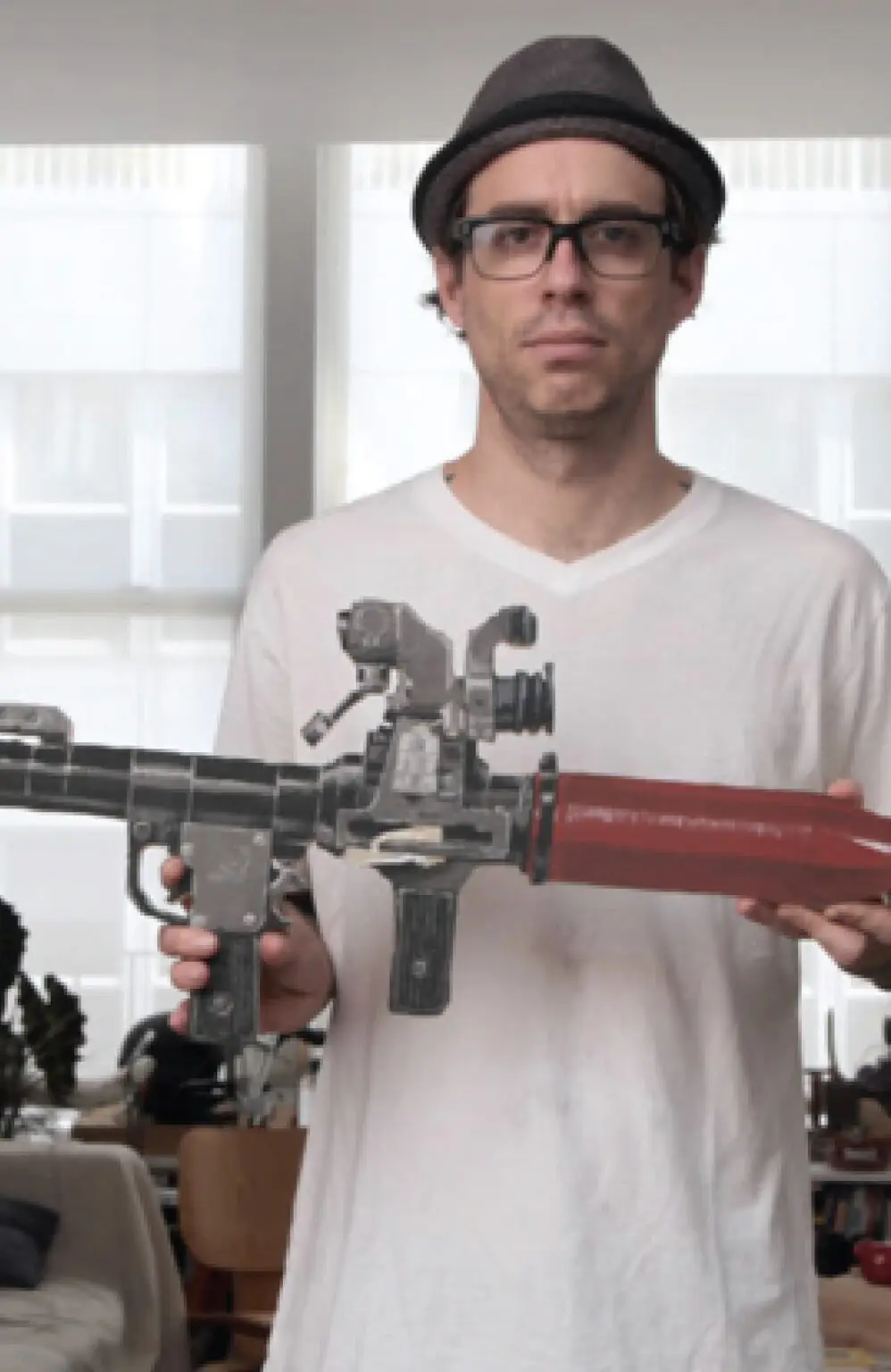
Bill McMullen
Bill McMullen is an artist, designer, and illustrator, whose work has been featured by groups as diverse as The Beastie Boys and Adidas.

Annalee Newitz
Annalee Newitz writes science fiction and nonfiction. They are the author of the book Four Lost Cities: A Secret History of the Urban Age, and the novels The Future of Another Timeline, and Autonomous, which won the Lambda Literary Award. As a science journalist, they are a writer for the New York Times and elsewhere, and have a monthly column in New Scientist. They are also the co-host of the Hugo Award-winning podcast Our Opinions Are Correct. Previously, they were the founder of io9, and served as the editor-in-chief of Gizmodo.
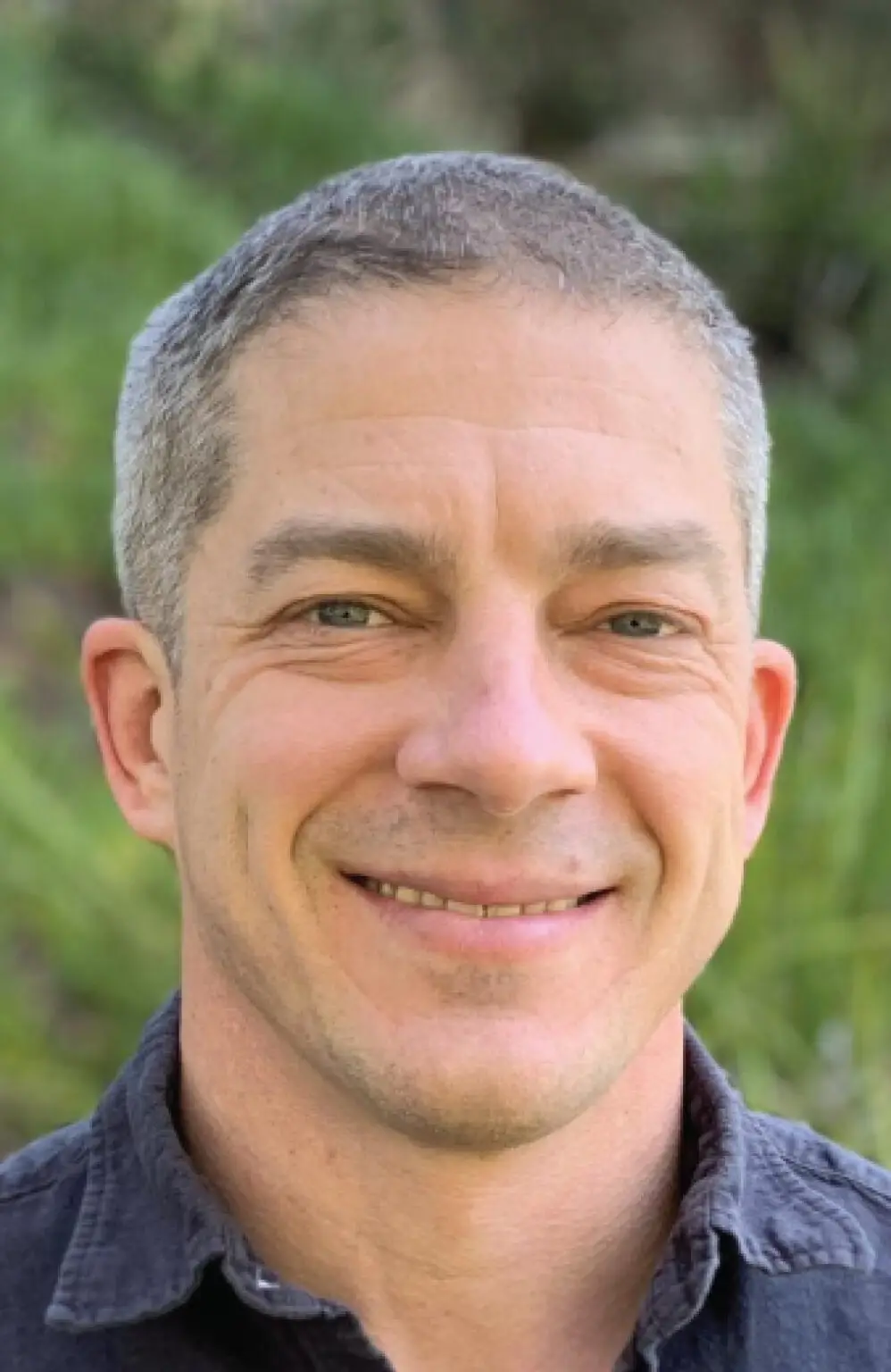
Daniel Trusilo
Daniel Trusilo is a postdoctoral scholar at Halıcıoğlu Data Science Institute at the University of California, San Diego where he works at the intersection of artificial intelligence, applied ethics, and public policy. Previously, Trusilo was a Humanitarian Assistance Advisor for the U.S. Agency for International Development and a US Army officer.
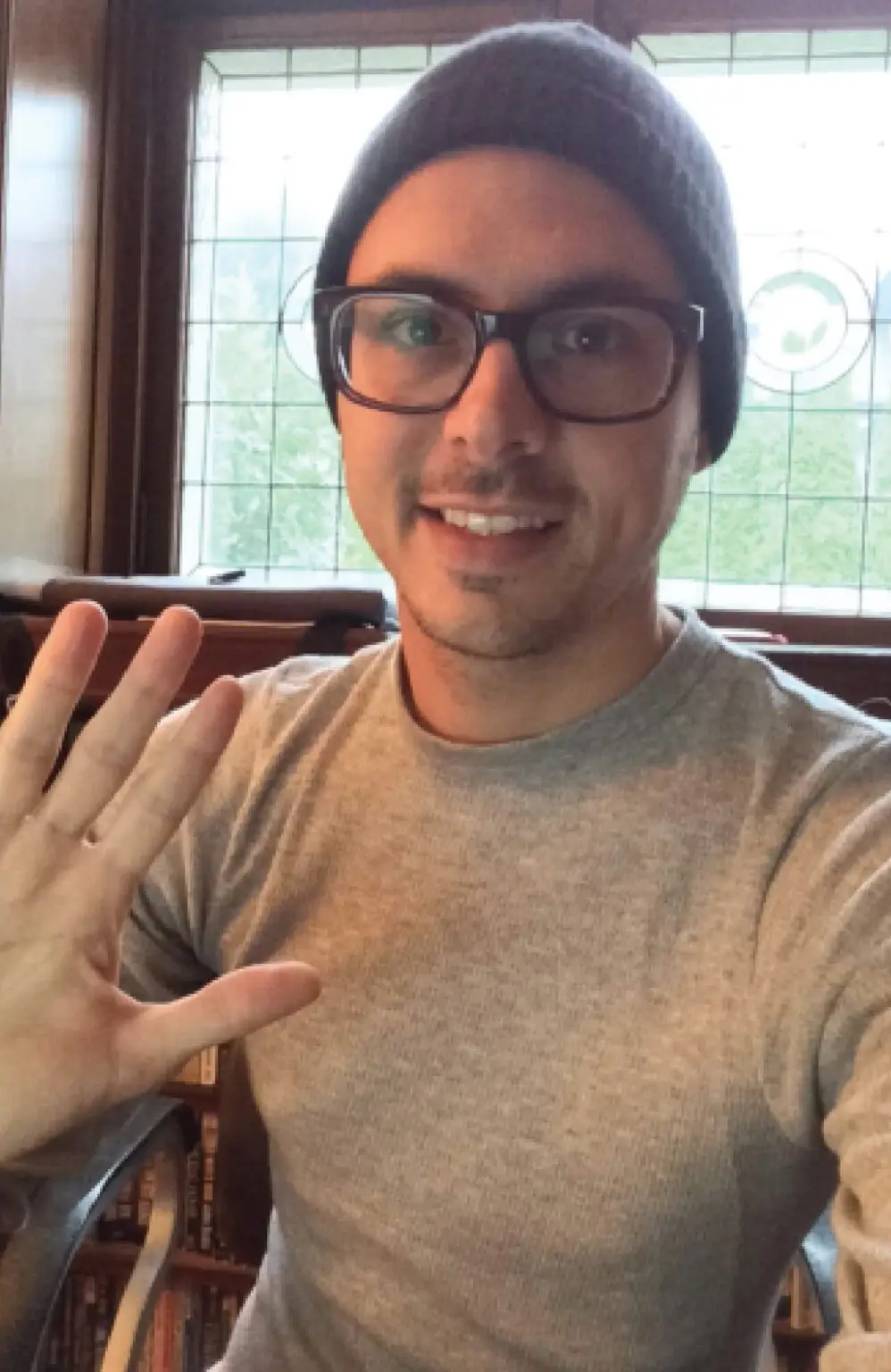
Daniel H. Wilson
Daniel H. Wilson is a Cherokee citizen and author of the New York Times bestselling books Robopocalypse and its sequel Robogenesis, as well as How to Survive a Robot Uprising, The Clockwork Dynasty, and Amped. He earned a PhD in Robotics from Carnegie Mellon University, as well as Masters degrees in Machine Learning and Robotics. His latest novel is an authorized stand-alone sequel to Michael Crichton’s classic The Andromeda Strain, called The Andromeda Evolution.

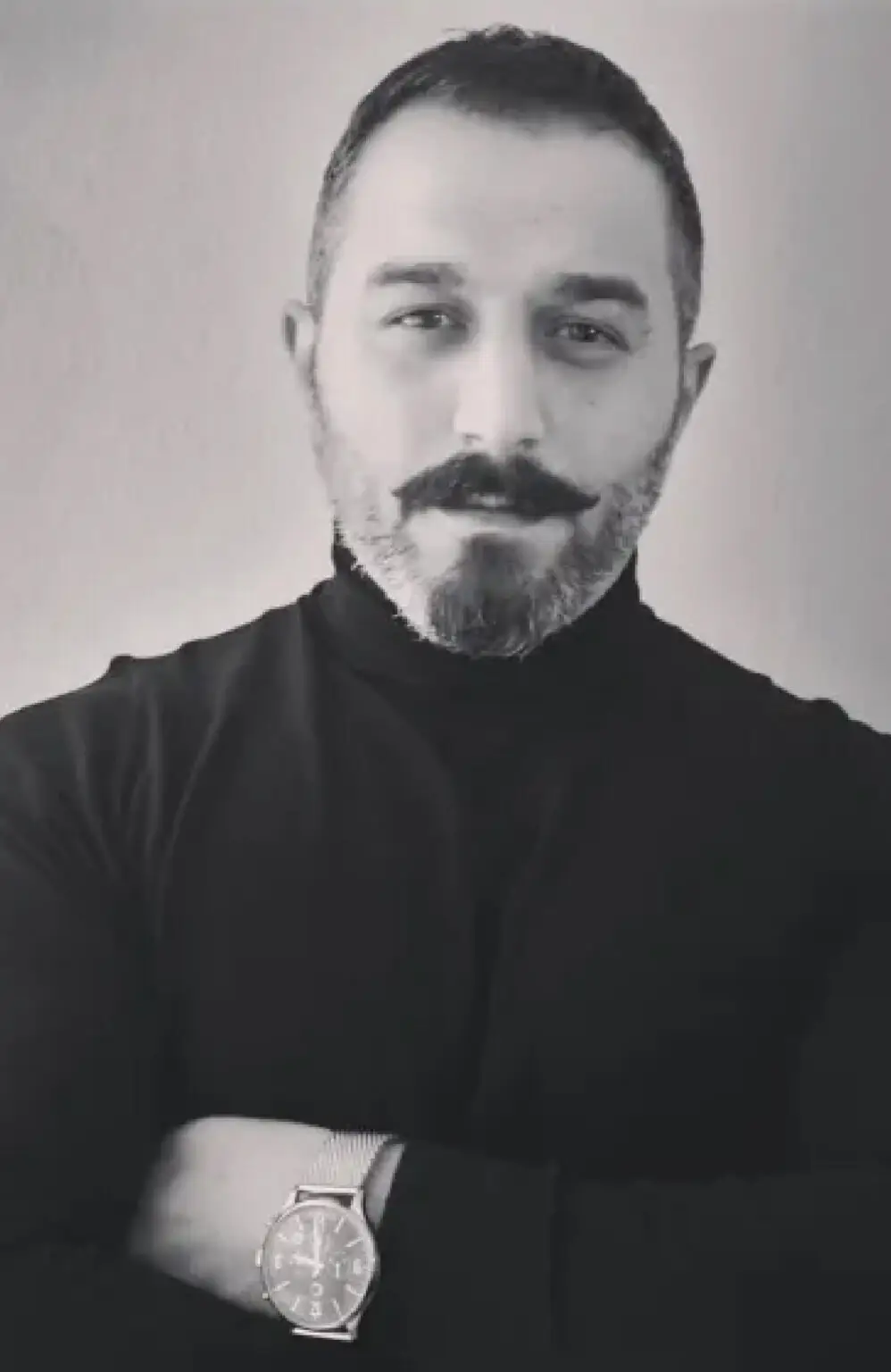

Jordan Clayton
Jordan Clayton works at the intersection of Product Innovation and Interactive Marketing. With a diverse background in UX/UI Design, he helps clients develop powerful interactive solutions in the form of web platforms, products, games, social programs, multimedia executions and more. With over 50 industry awards under his belt, he has worked with clients that range from small non-profit organizations to Fortune 500 companies like CocaCola and Microsoft to consumer brands like Burger King and Jack Daniels.
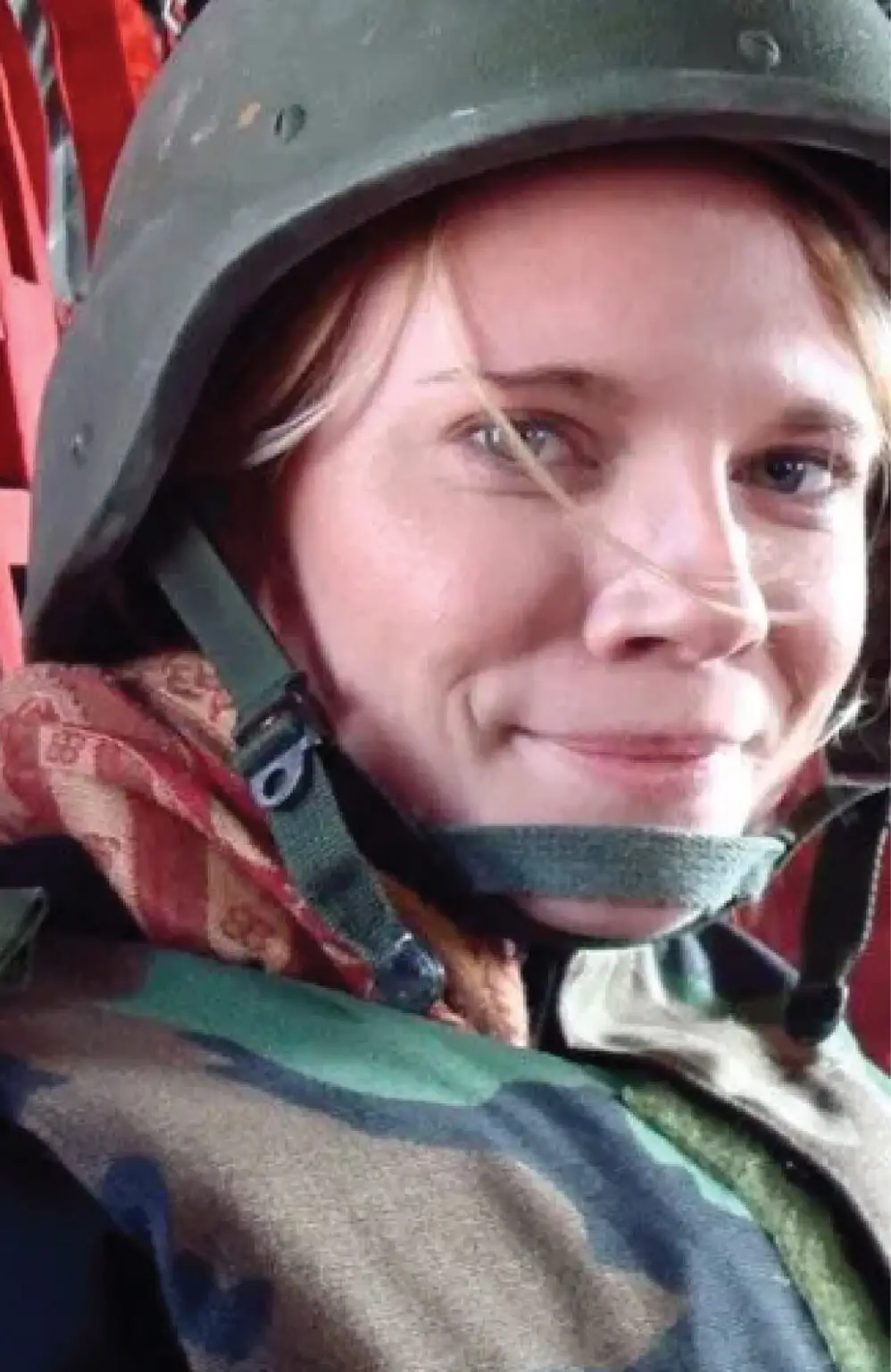
Kathleen McInnis, PhD
Kathleen McInnis, PhD, is senior fellow and director of the Smart Women, Smart Power Initiative at the Center for Strategic and International Studies. She has previously worked at the US Office of the Secretary of Defense (Policy) and the UK House of Commons. She is also the author of the novel The Heart of War.

